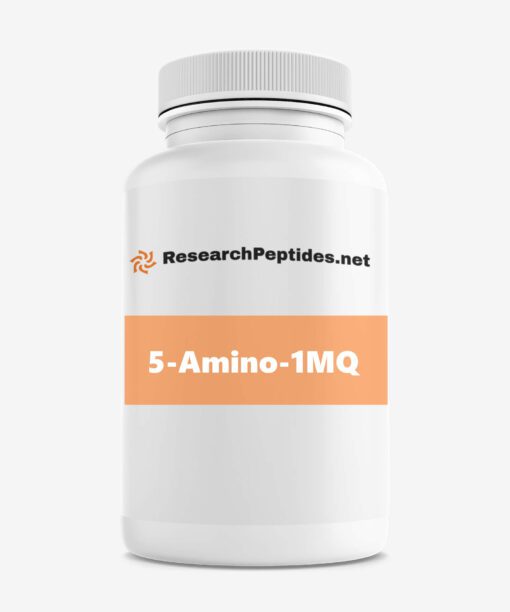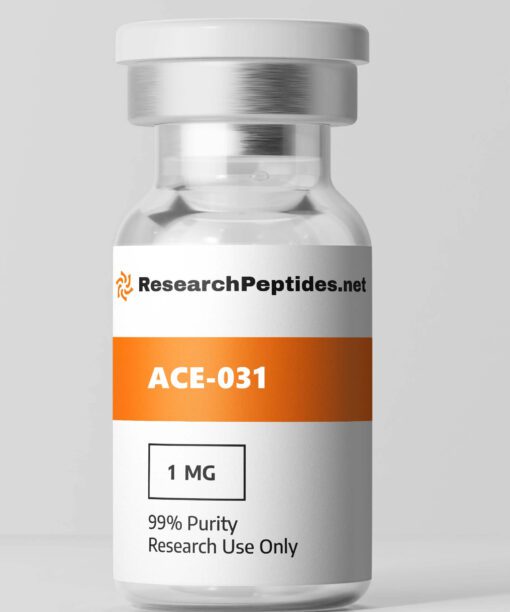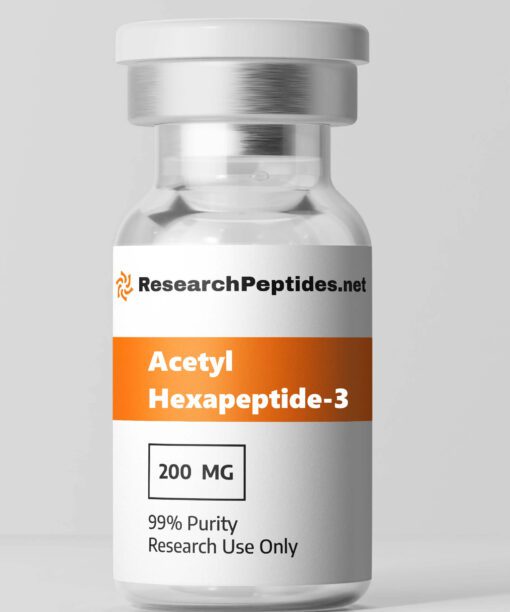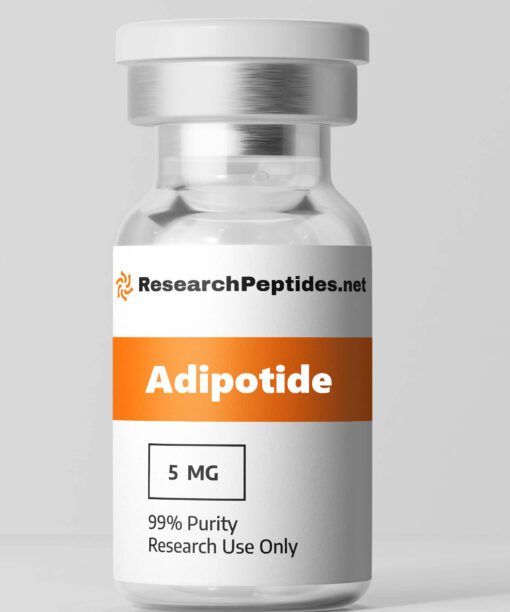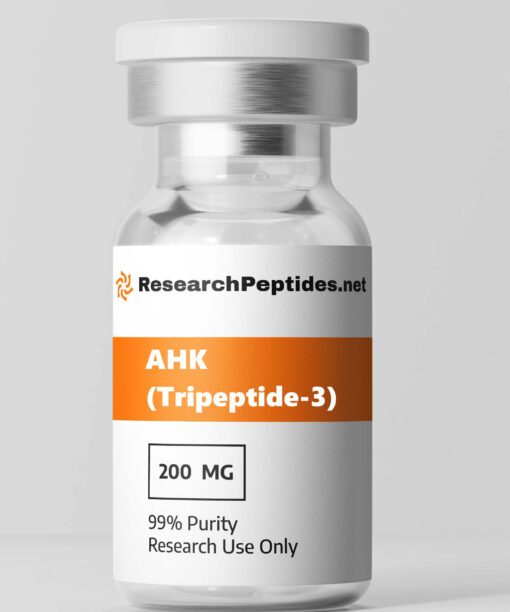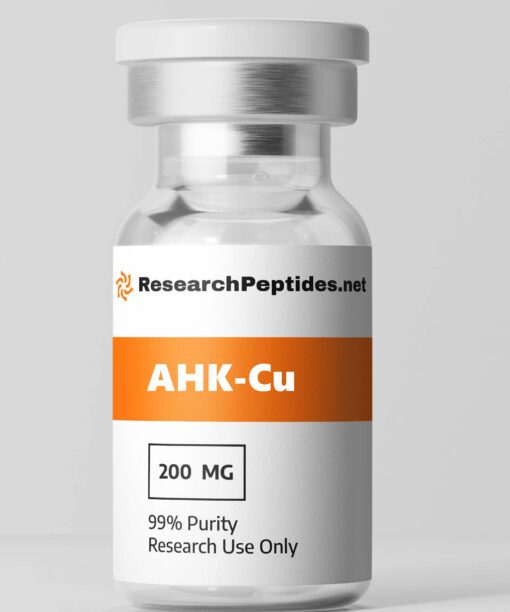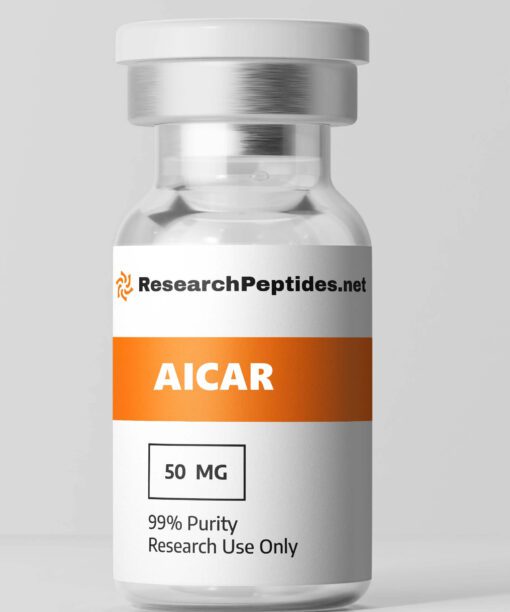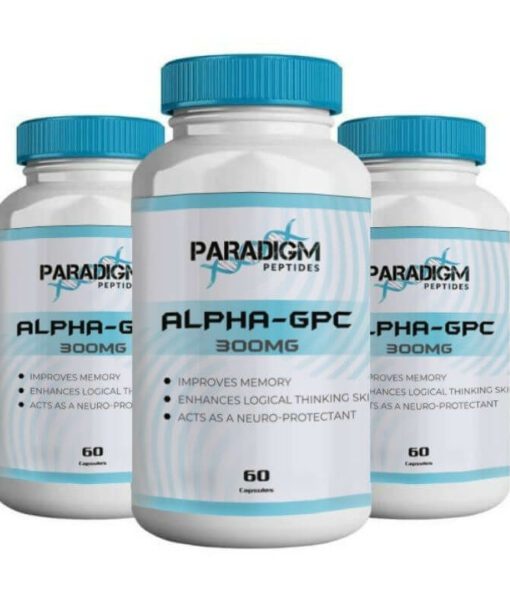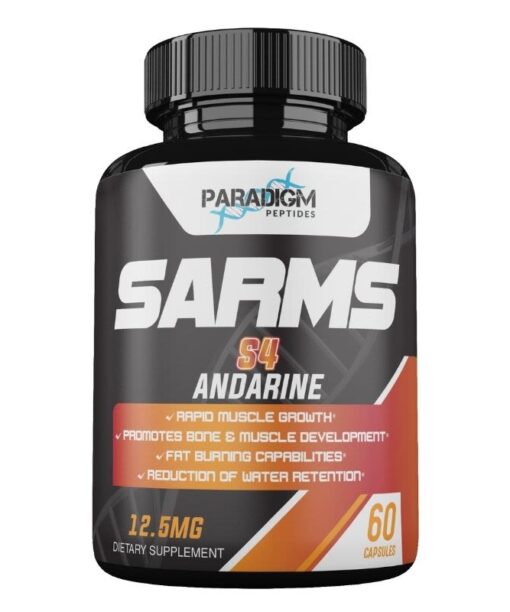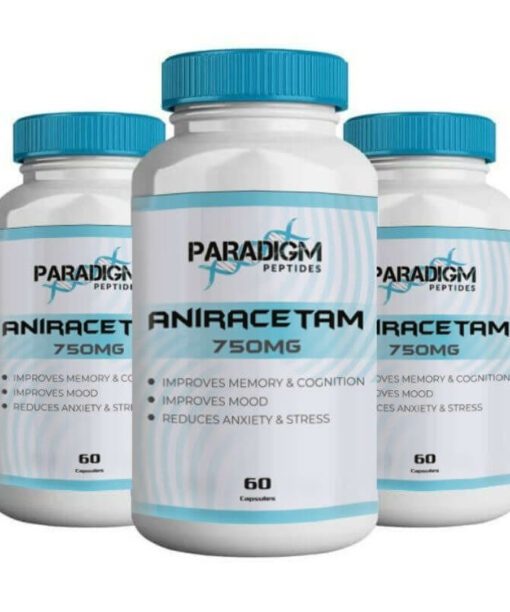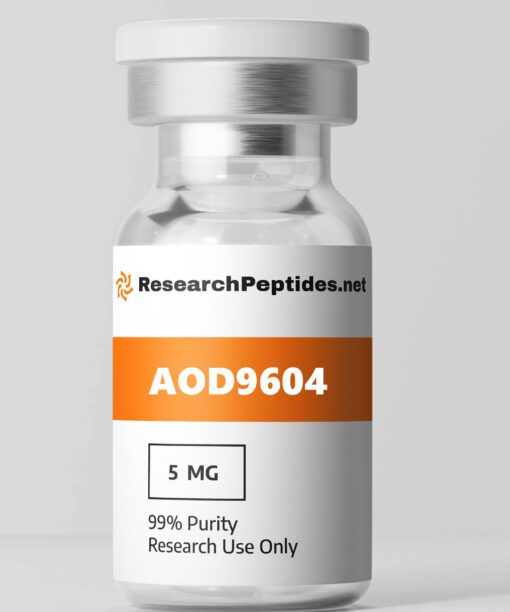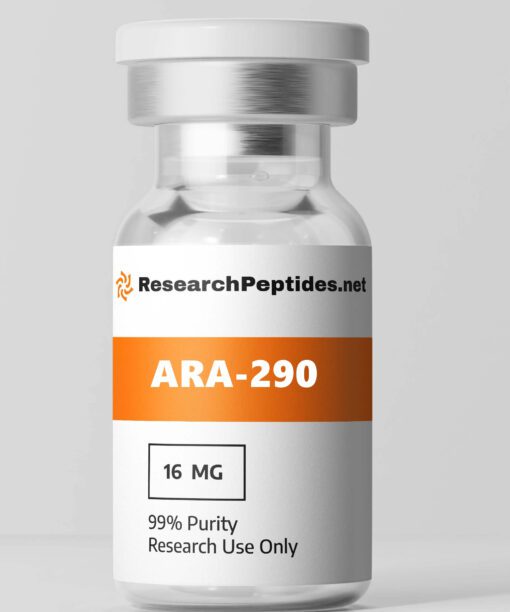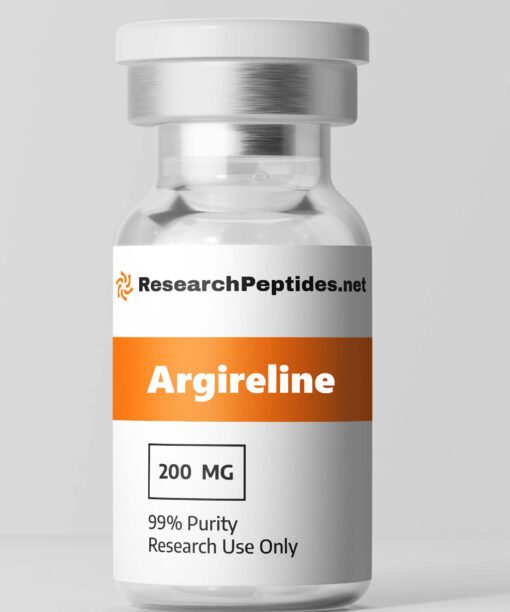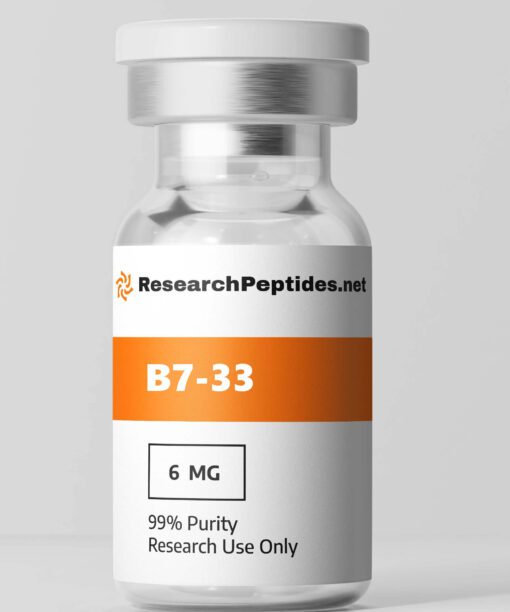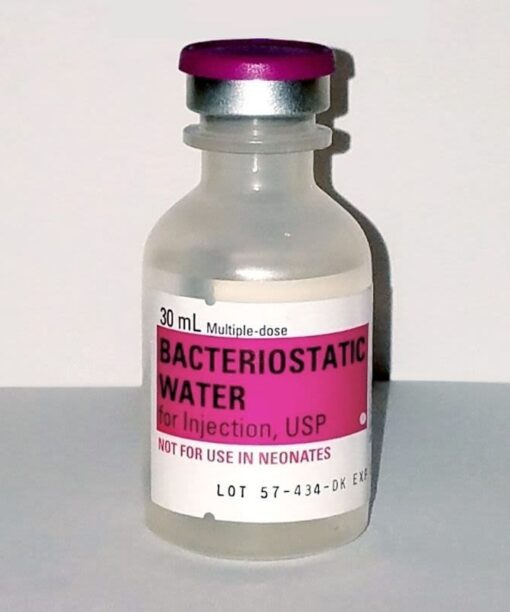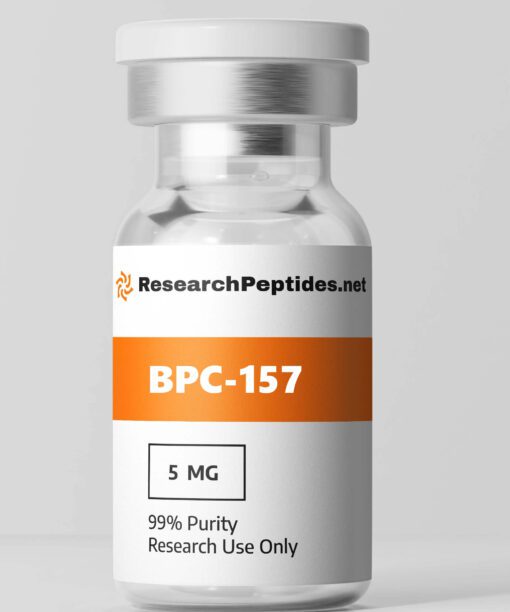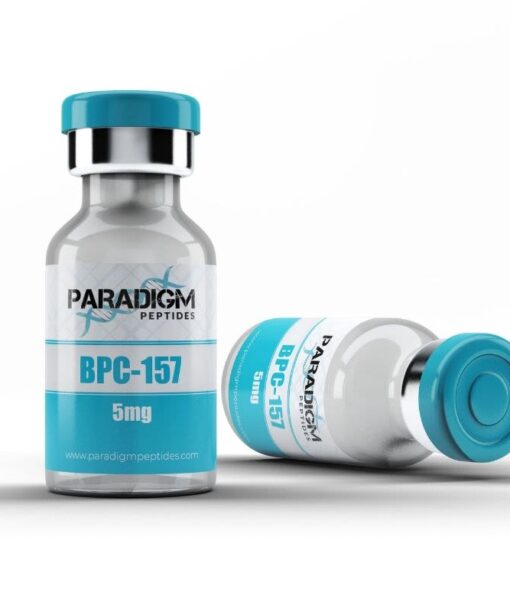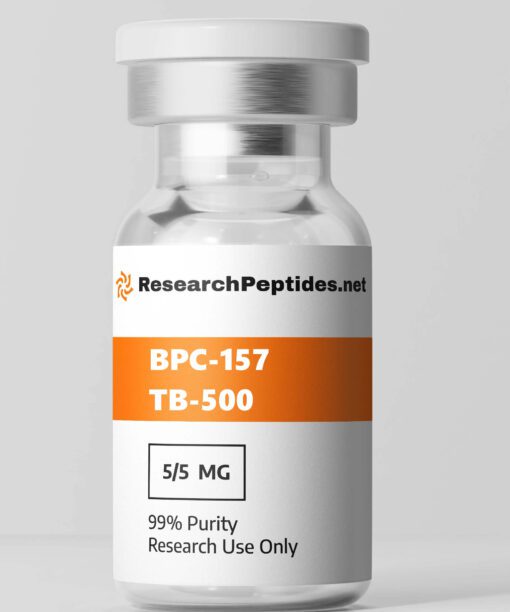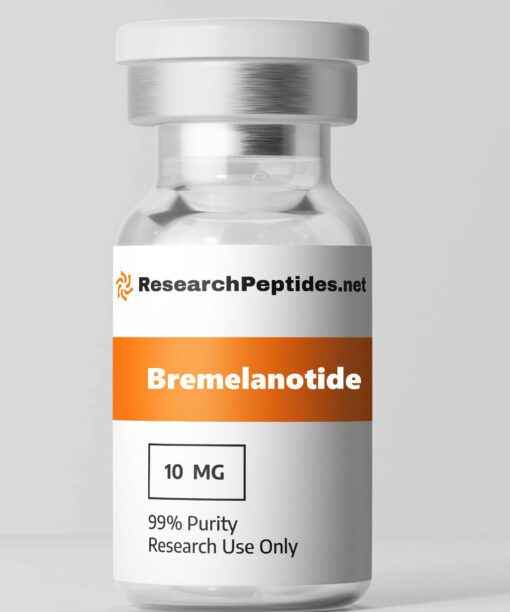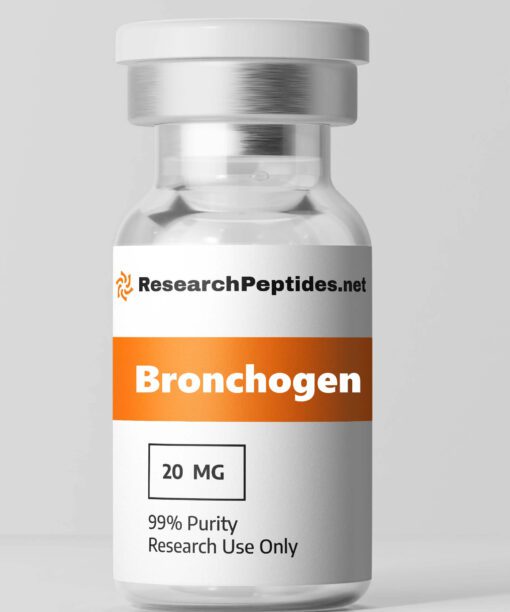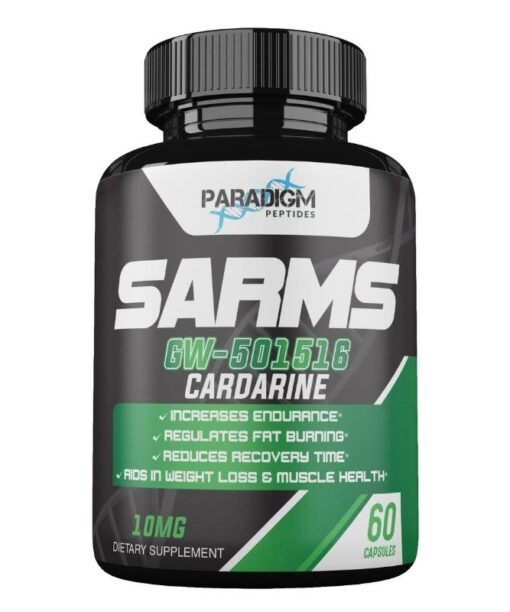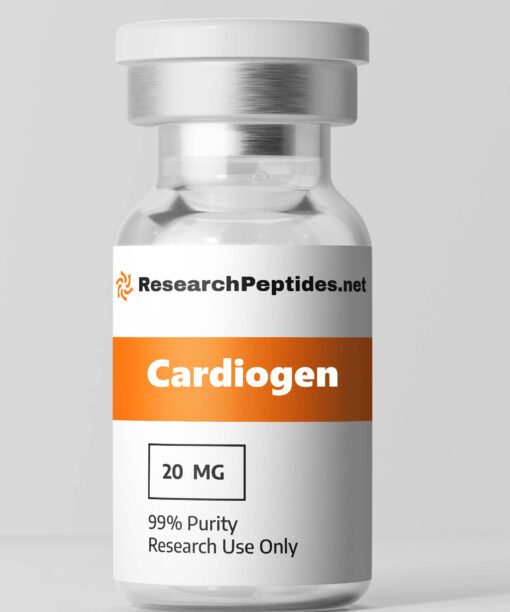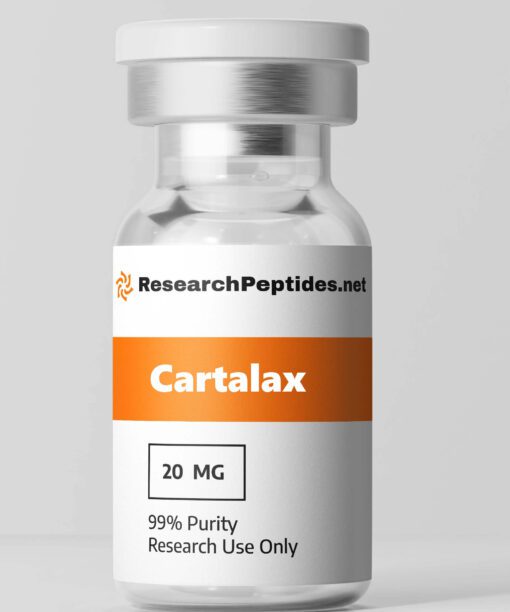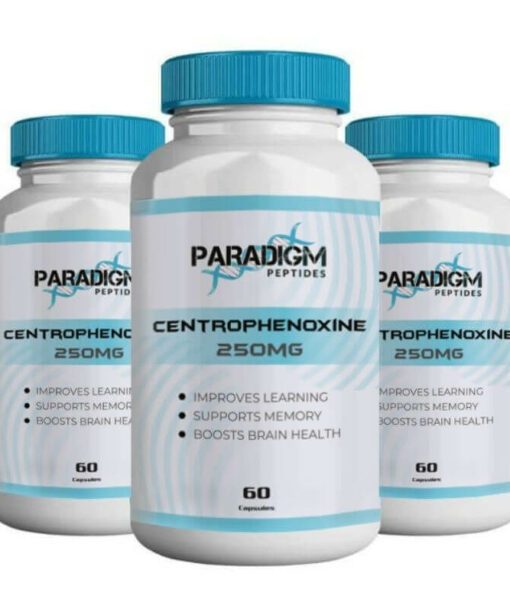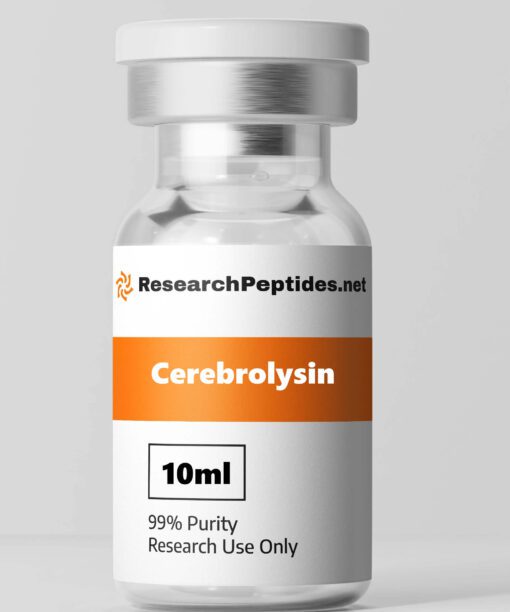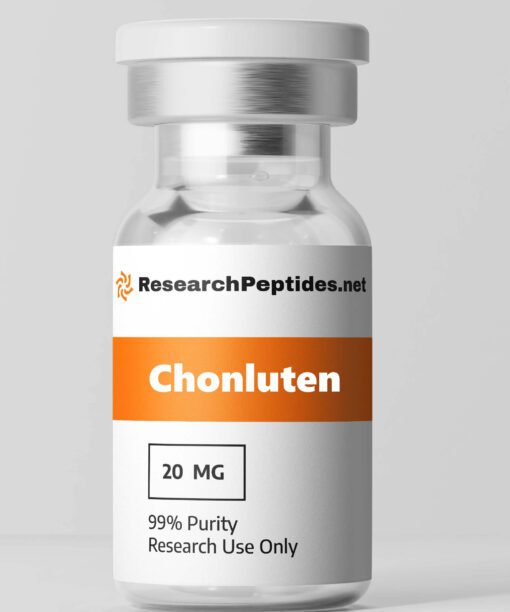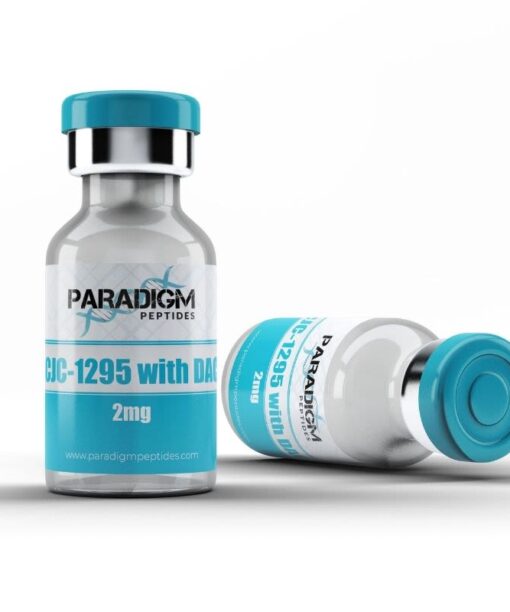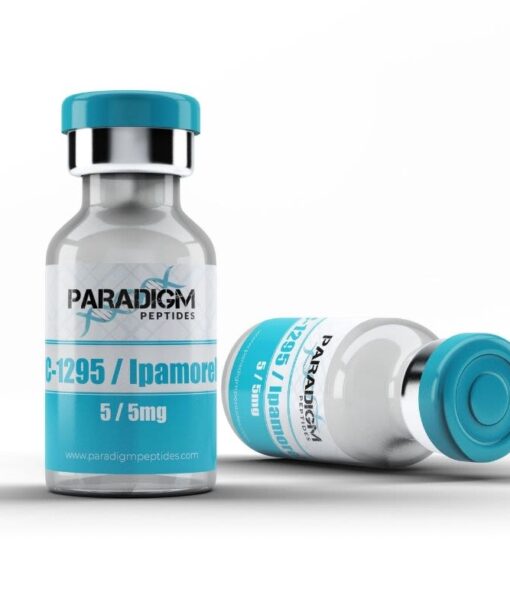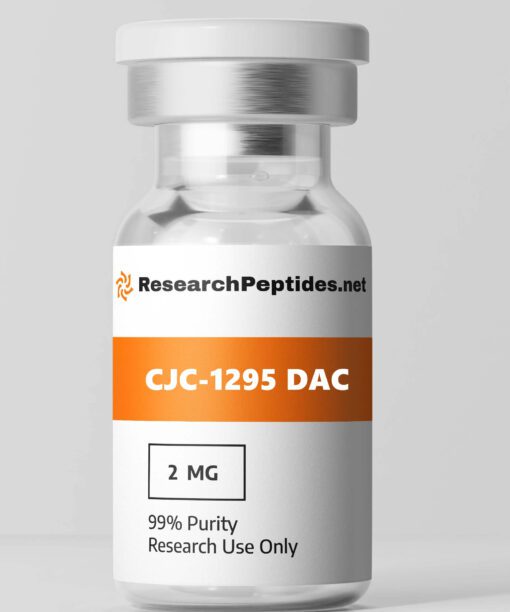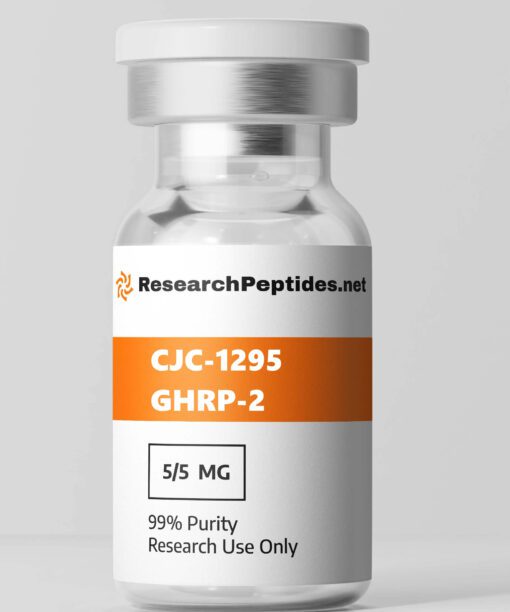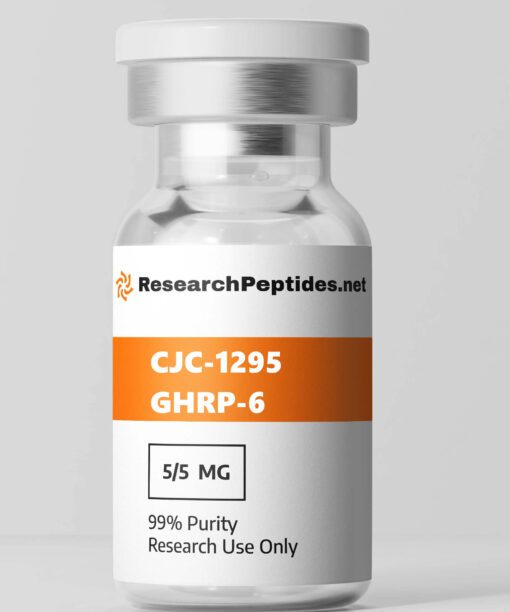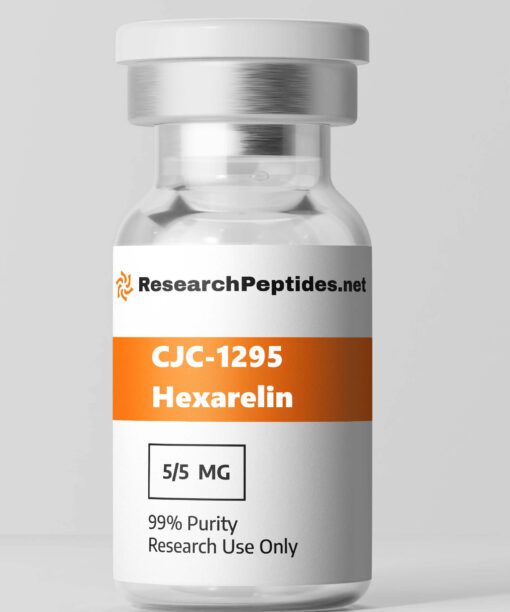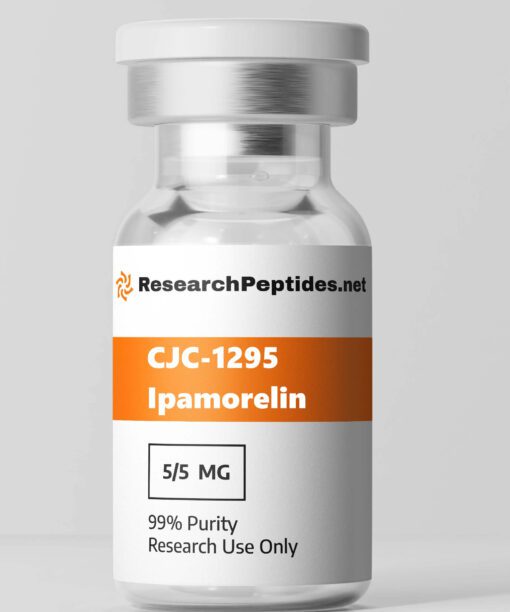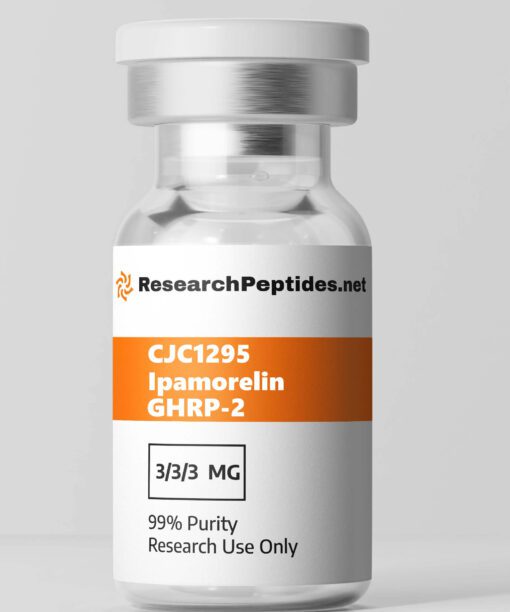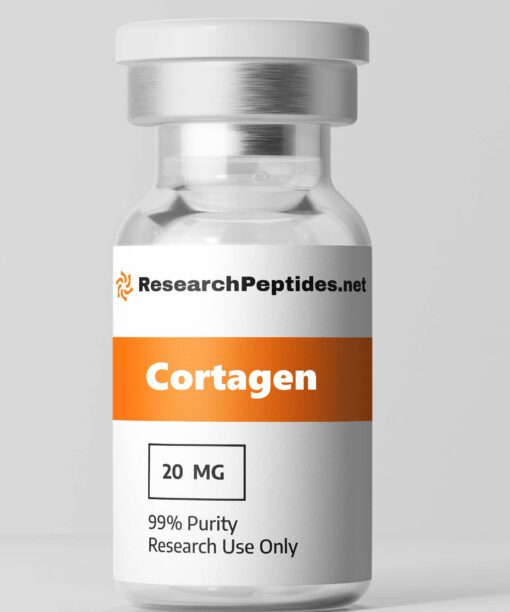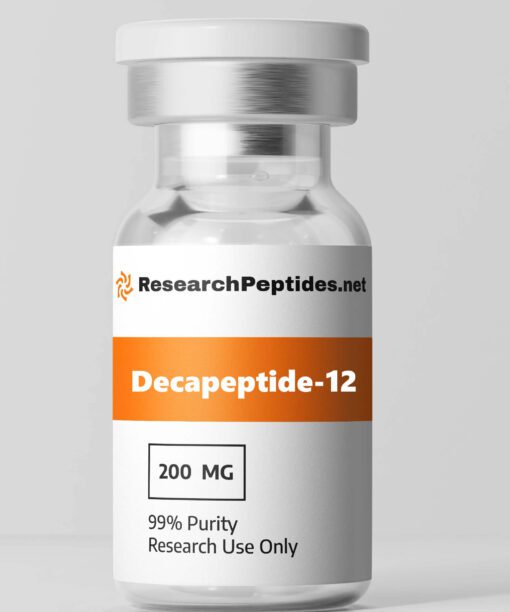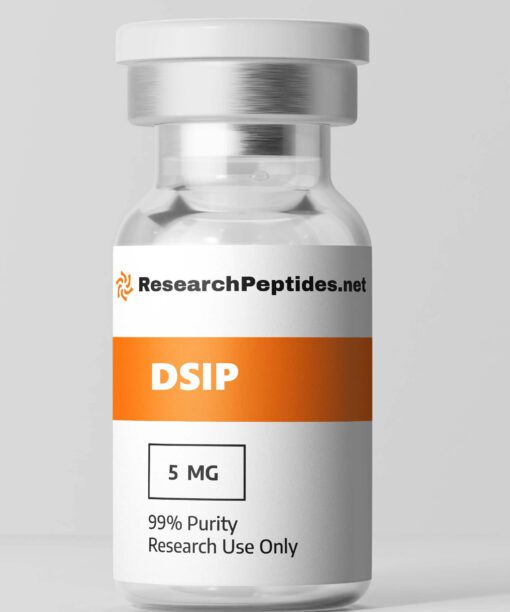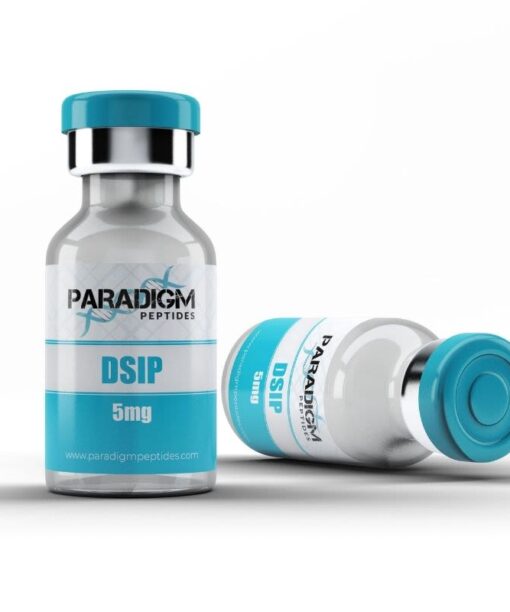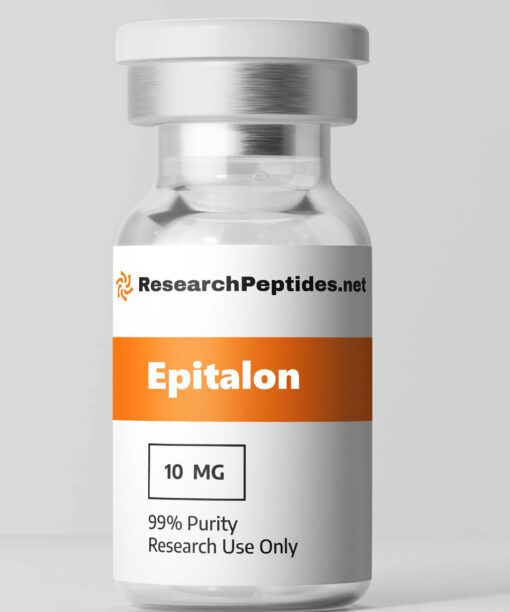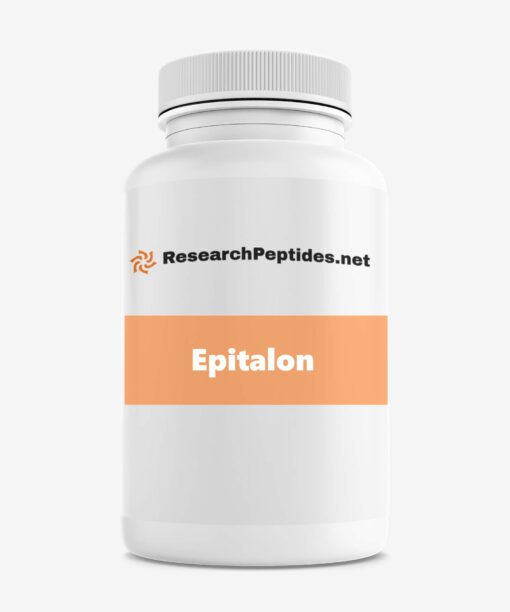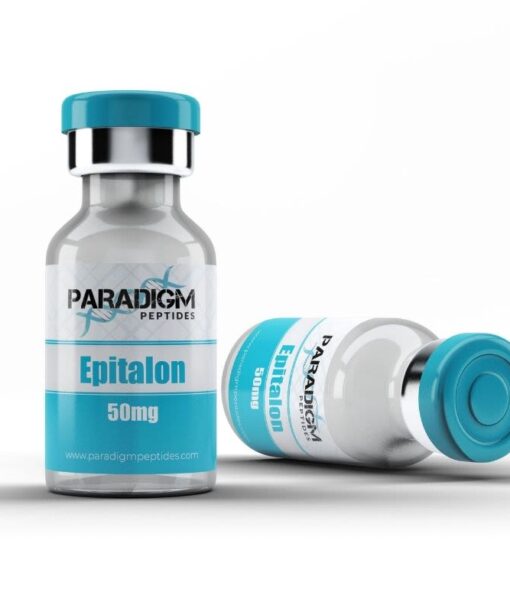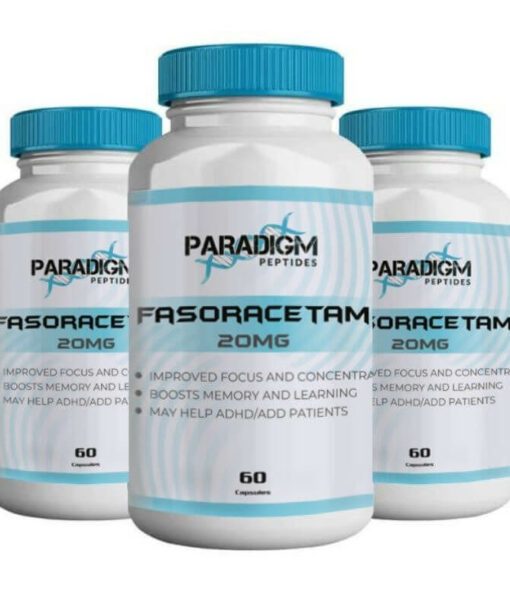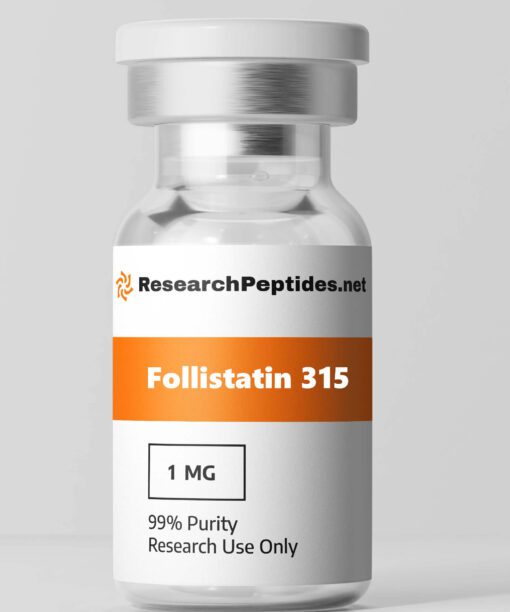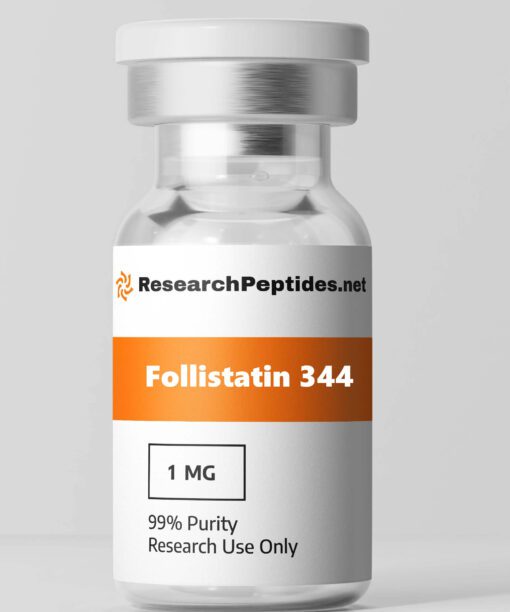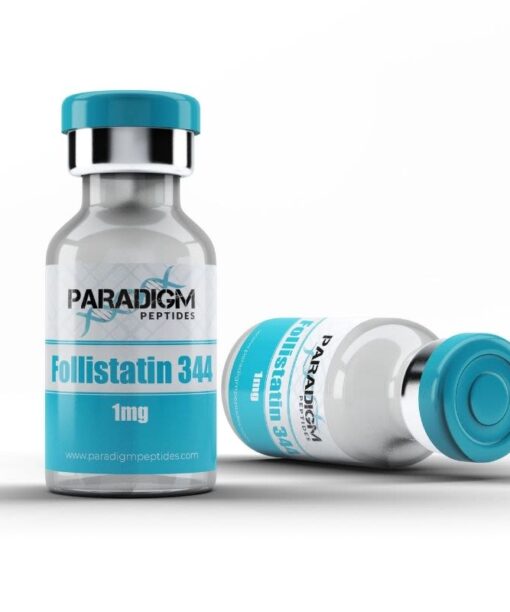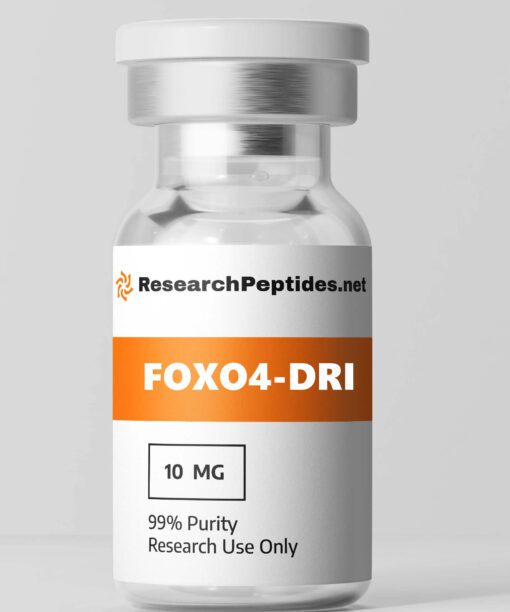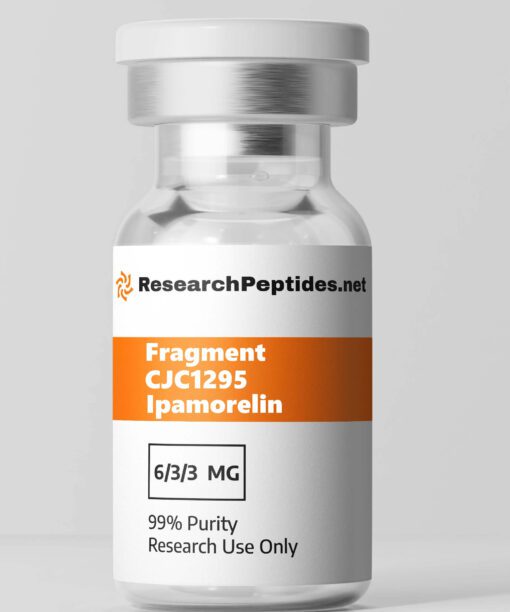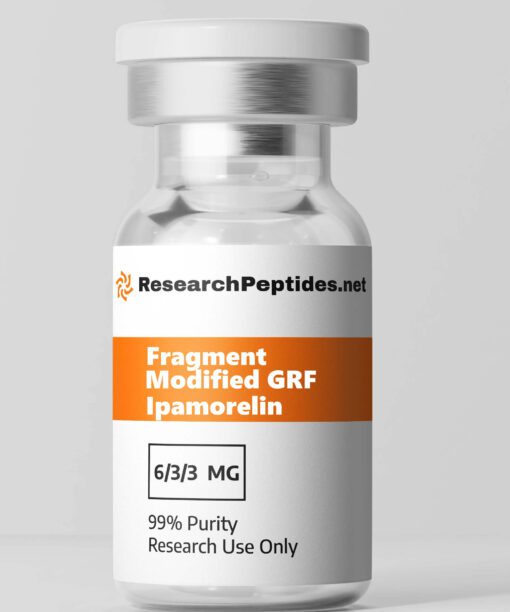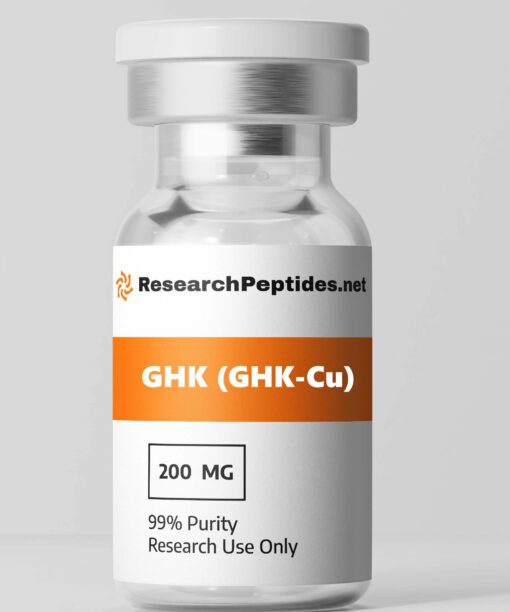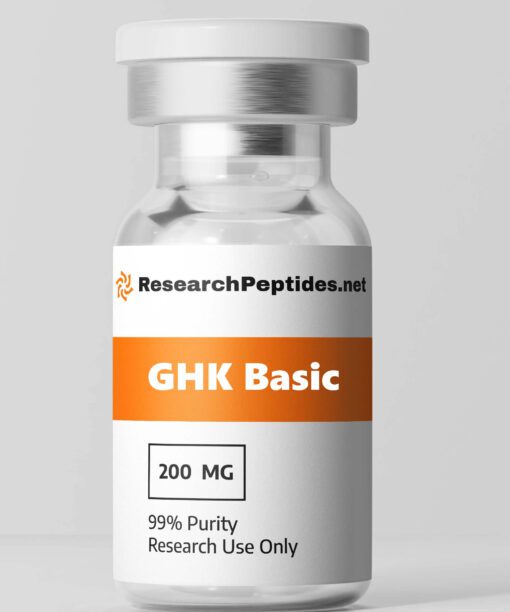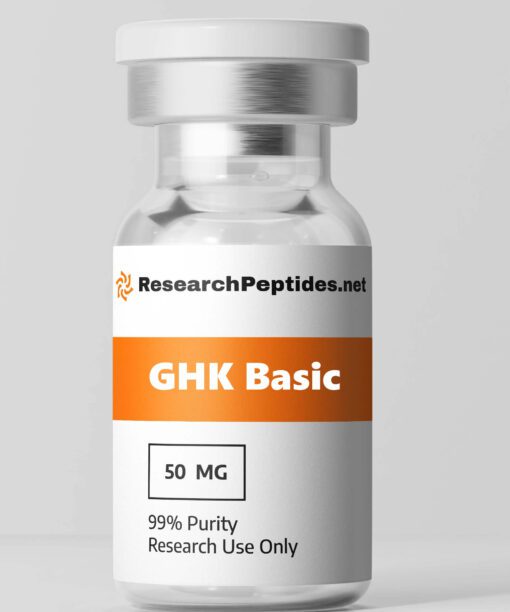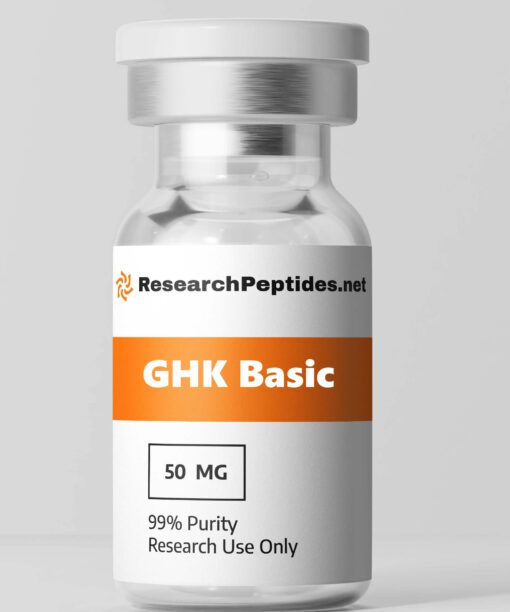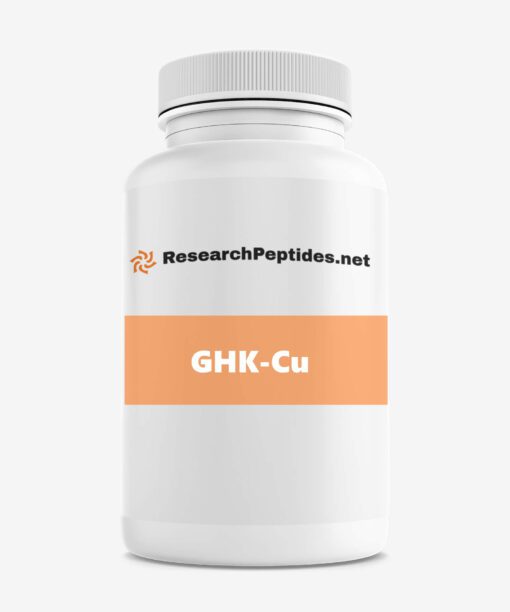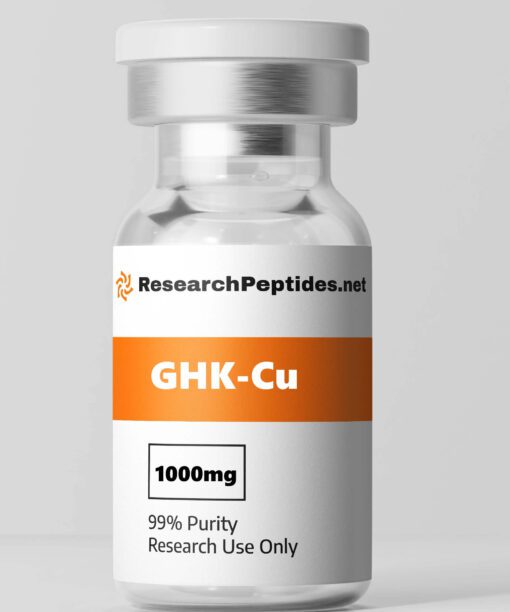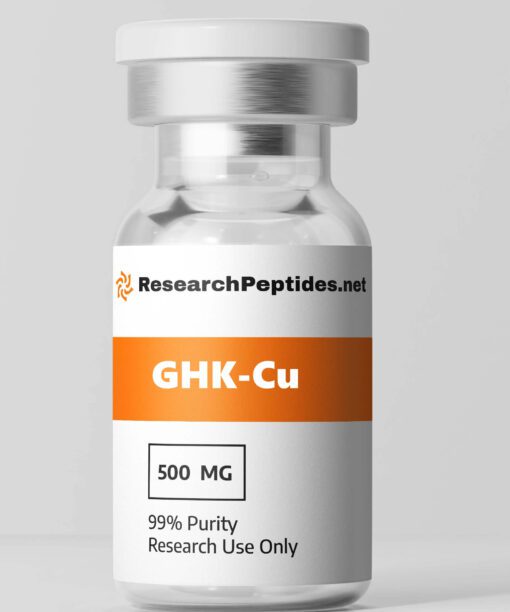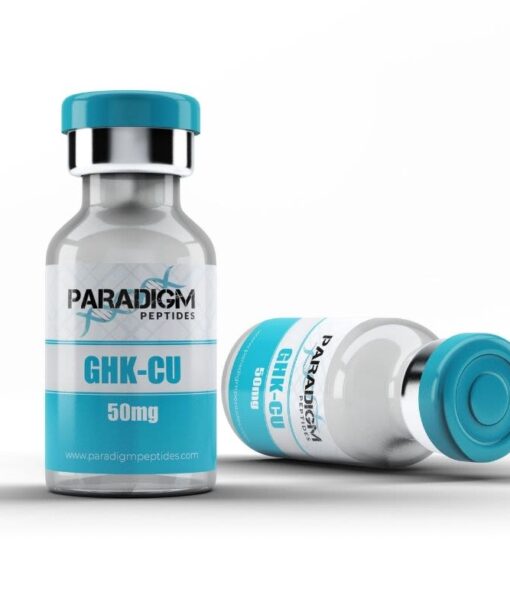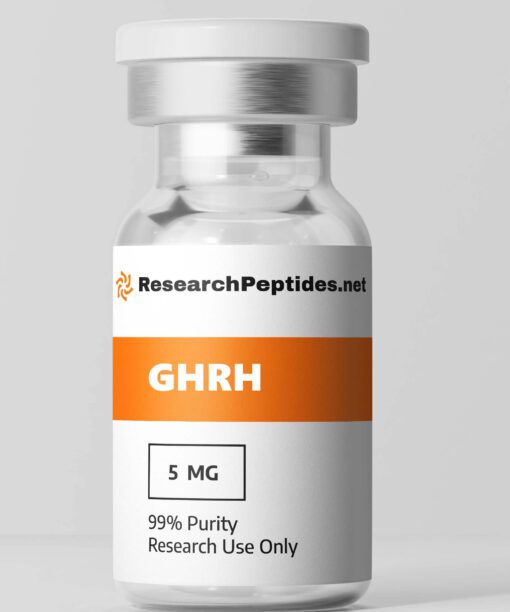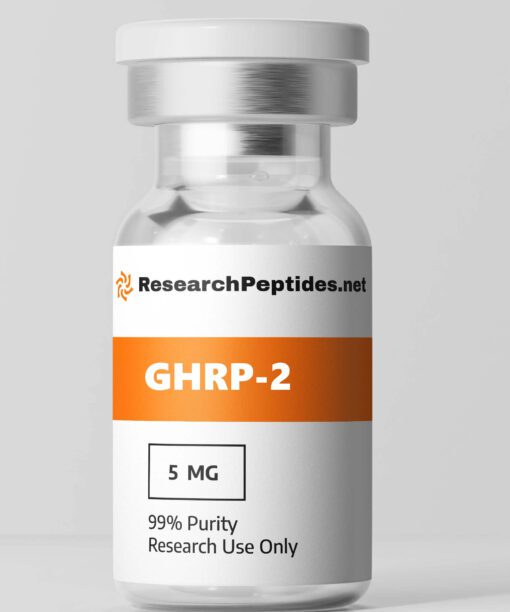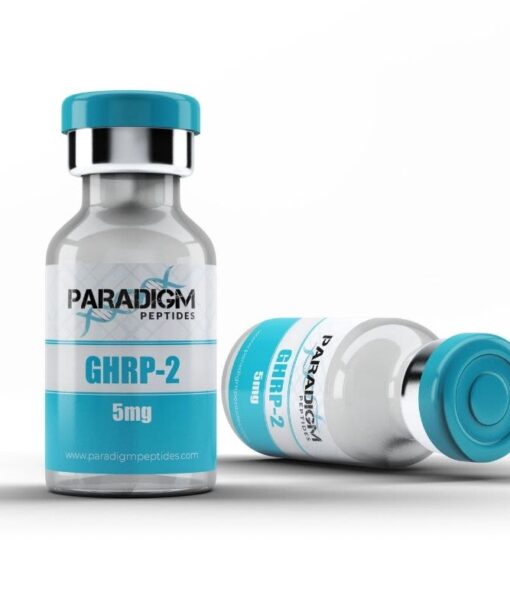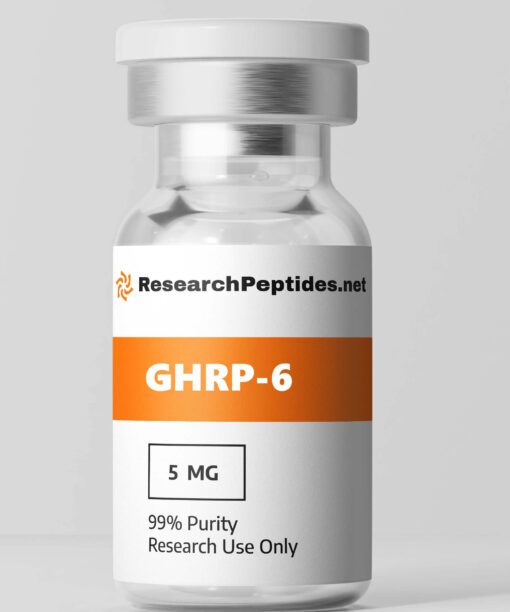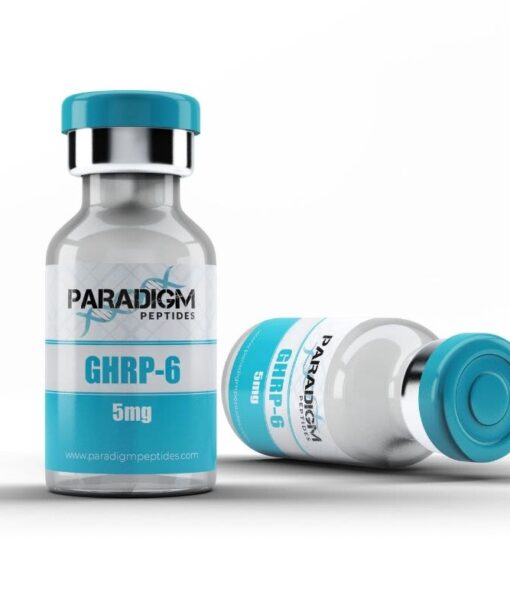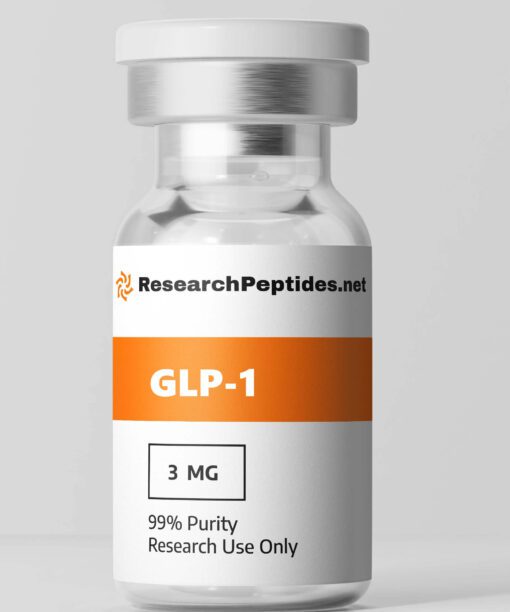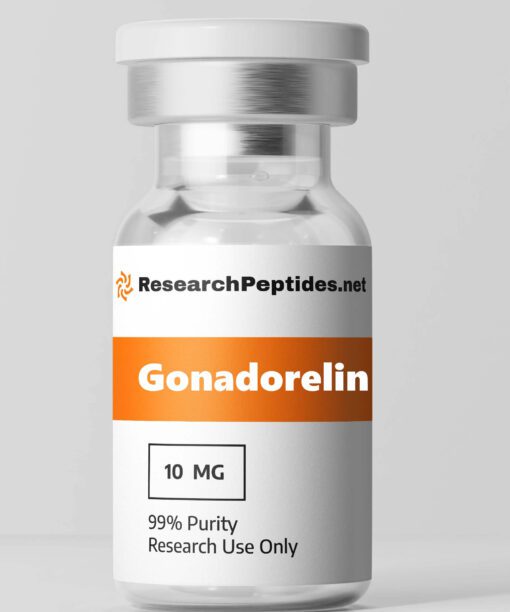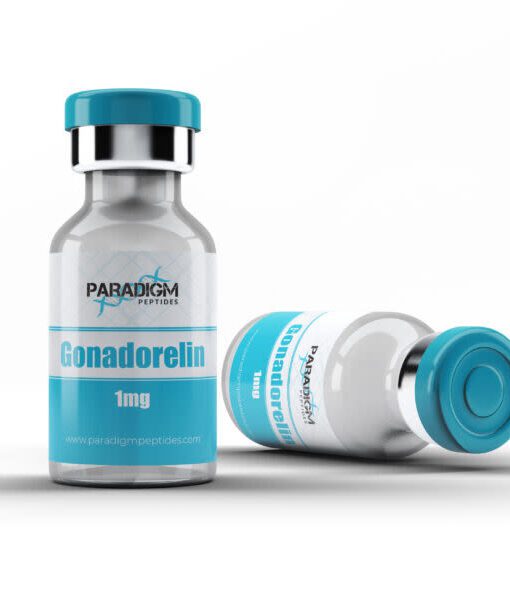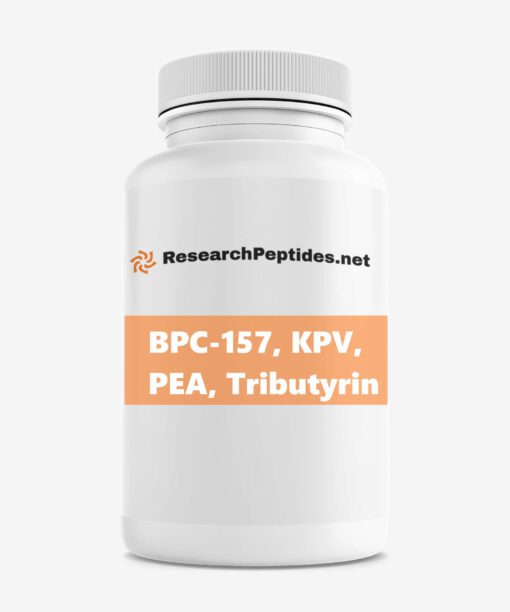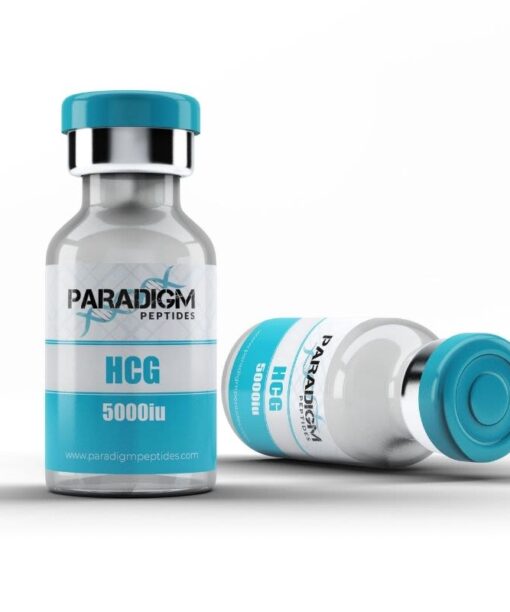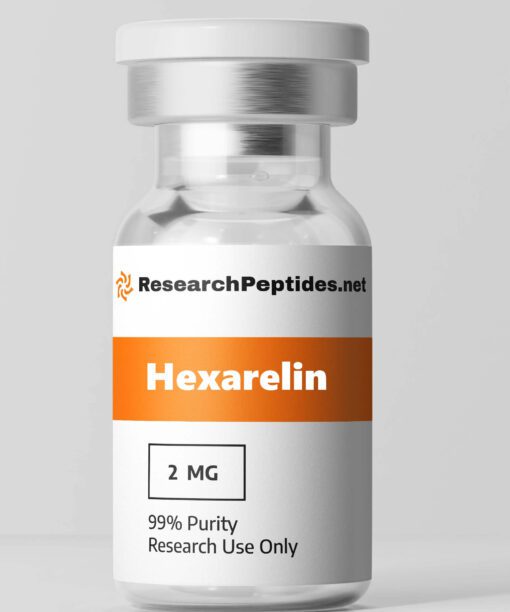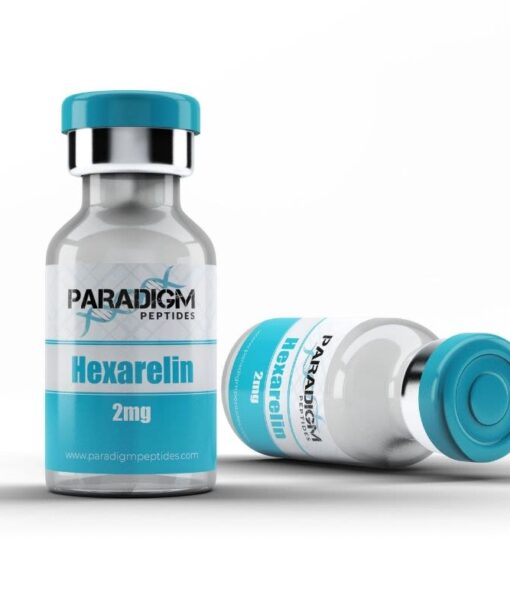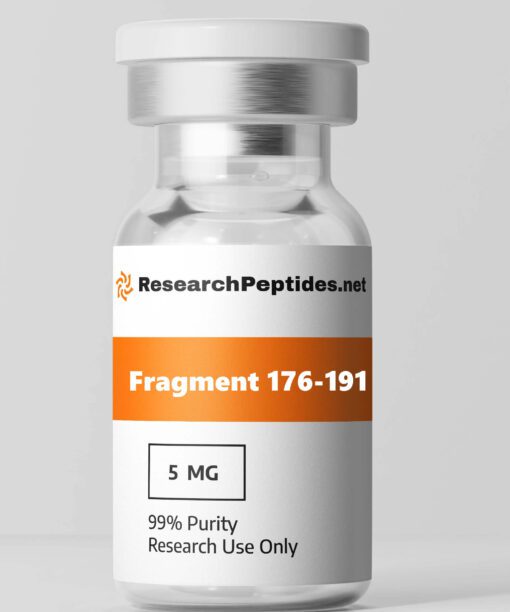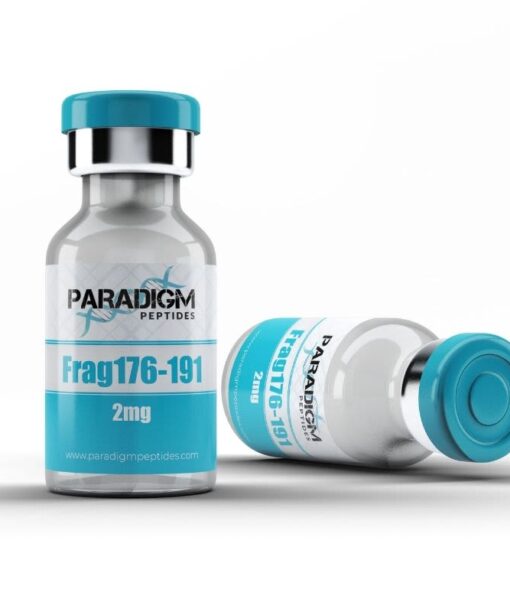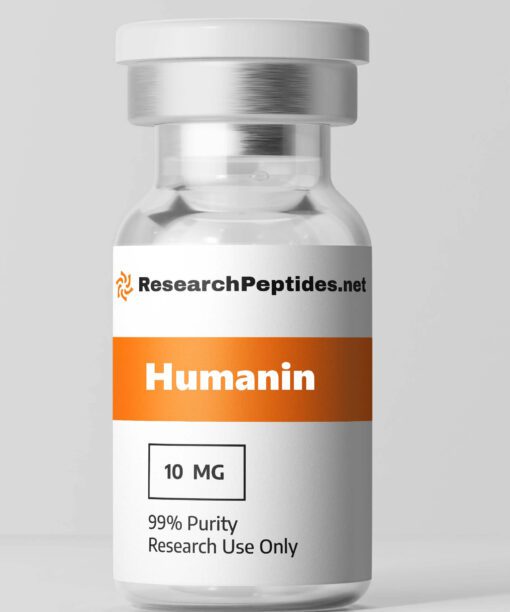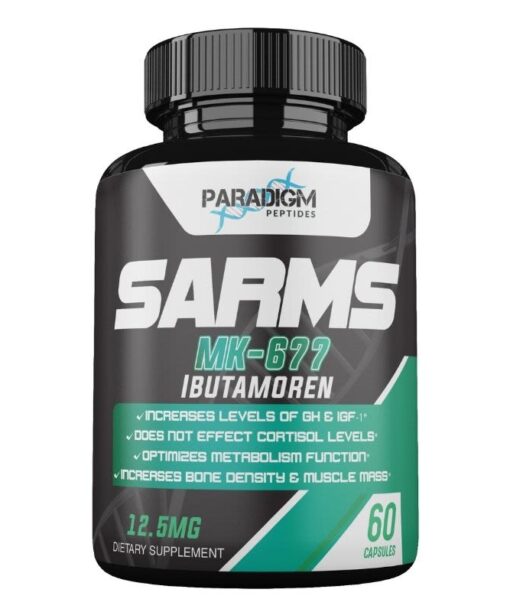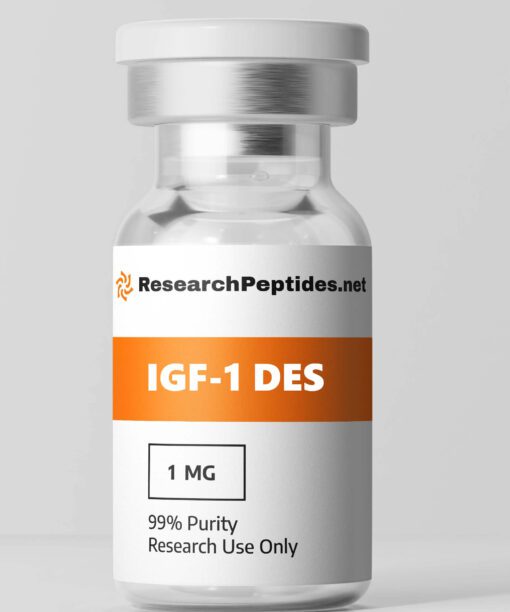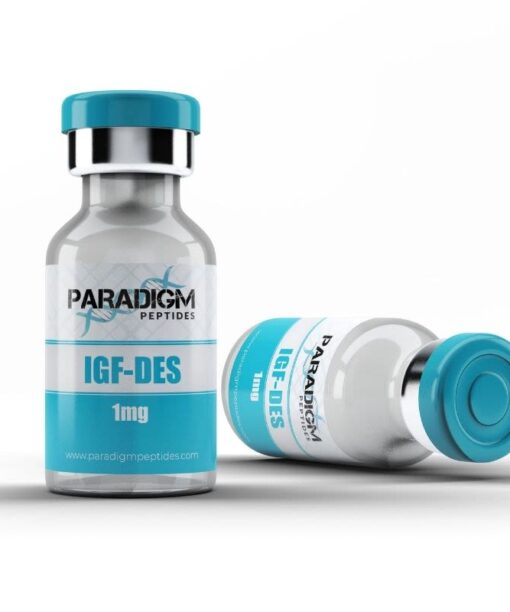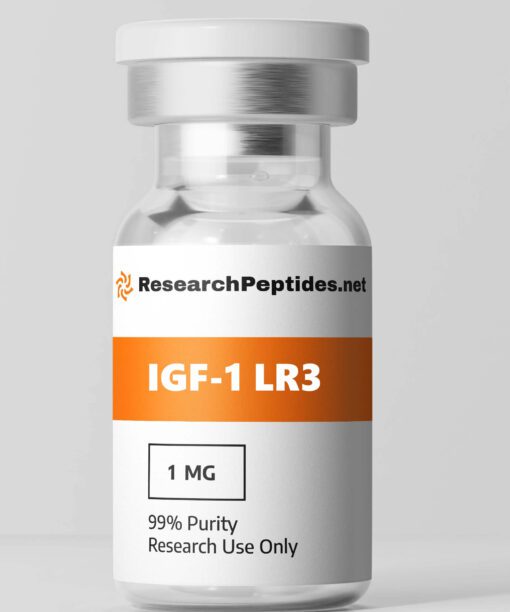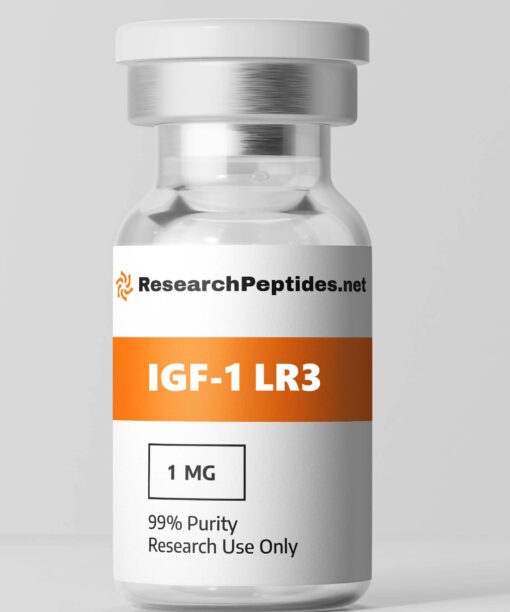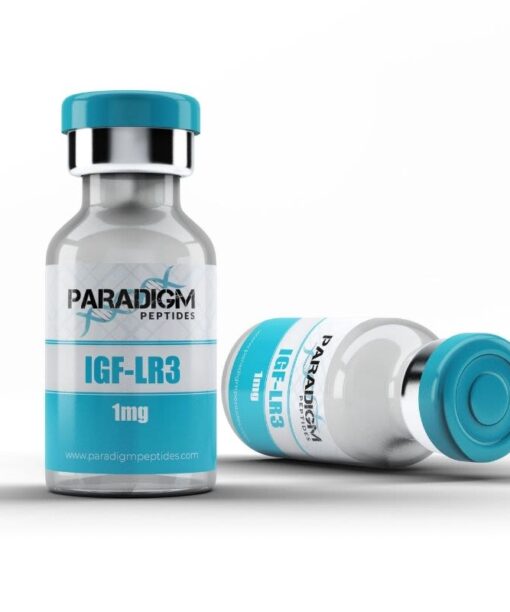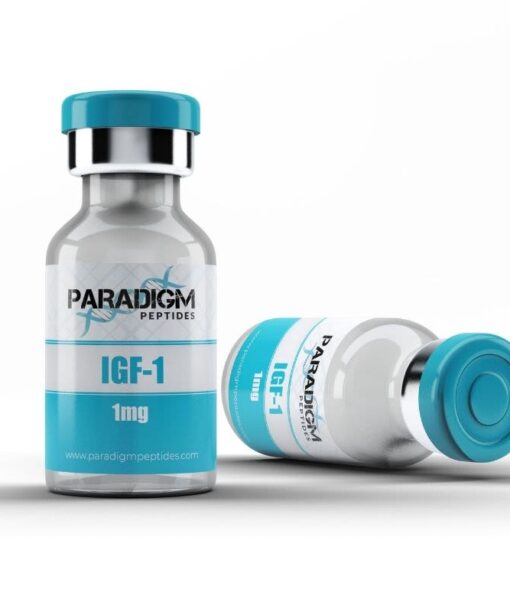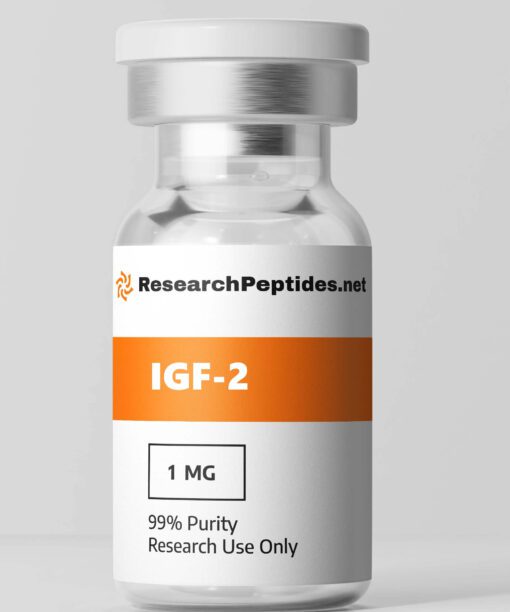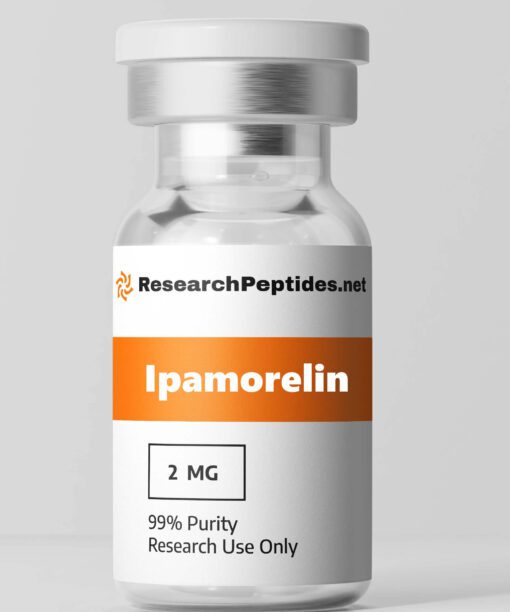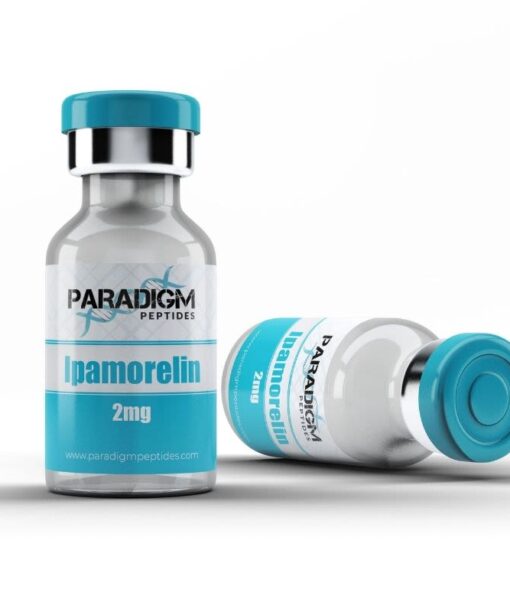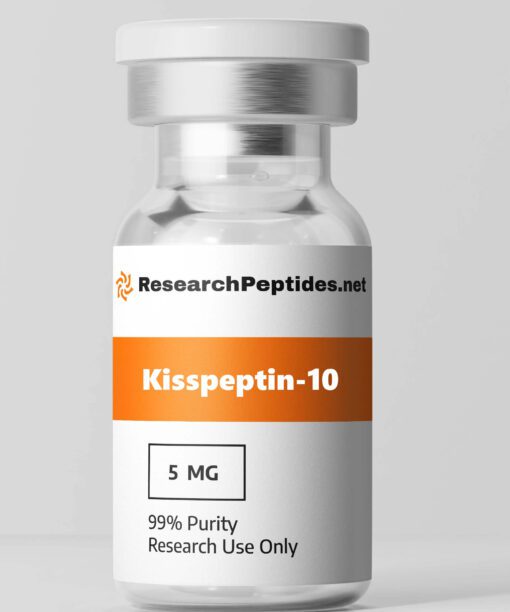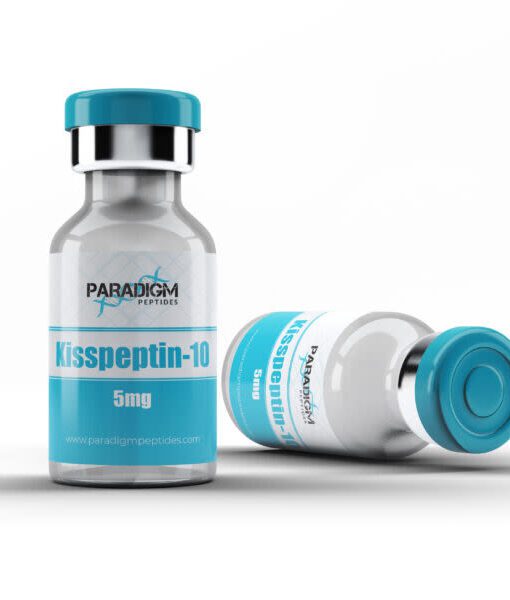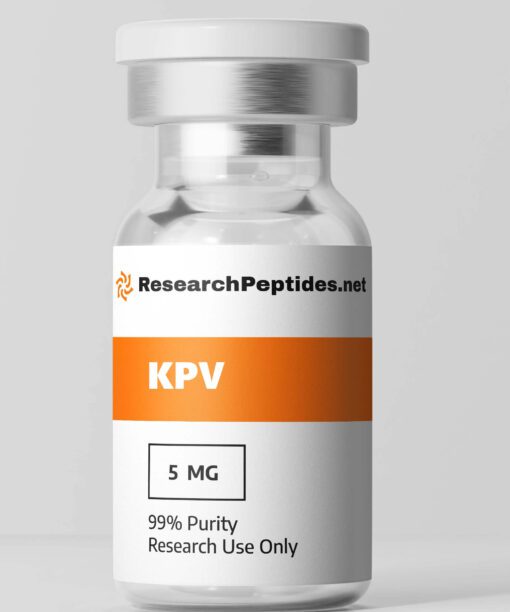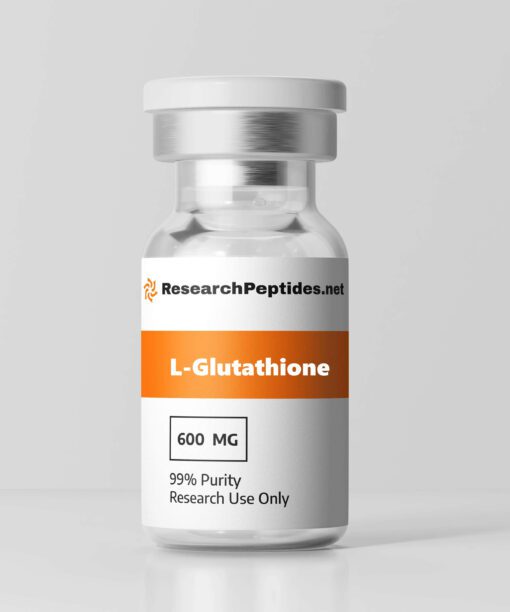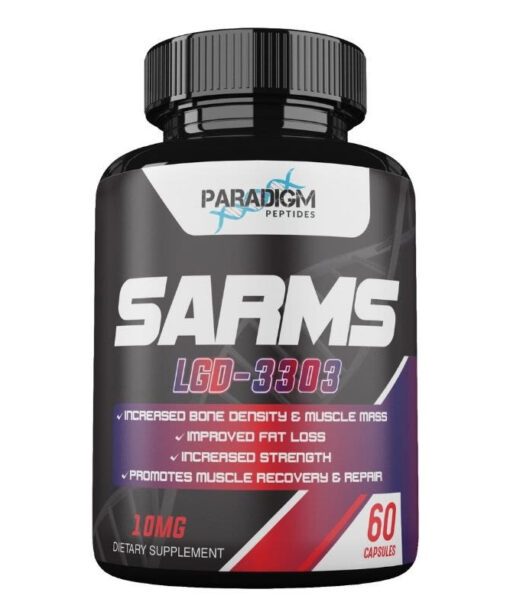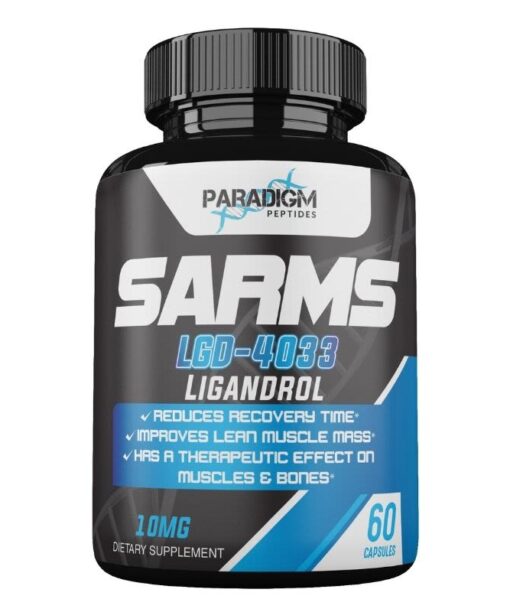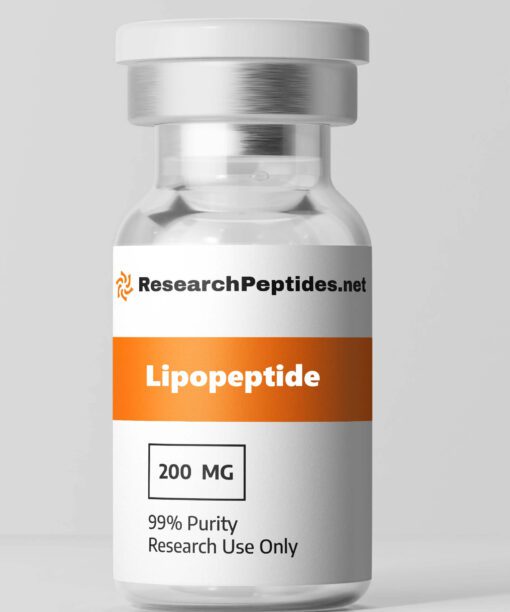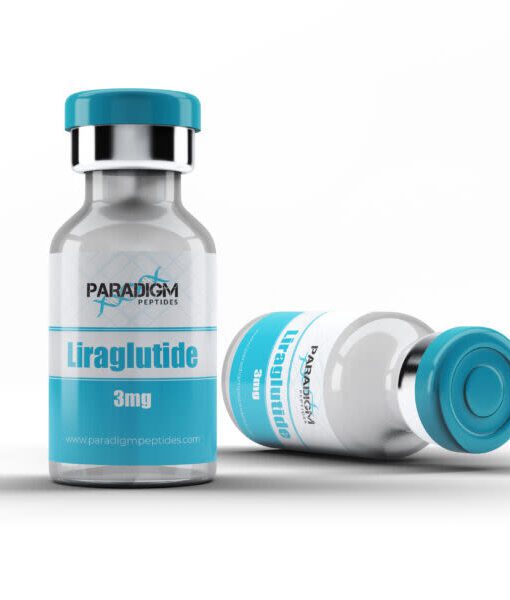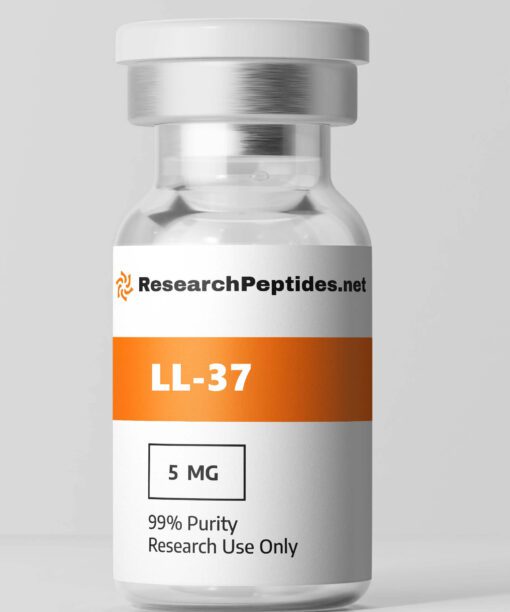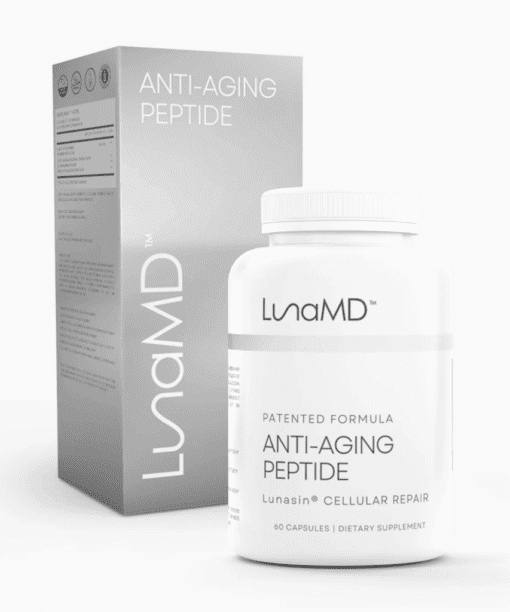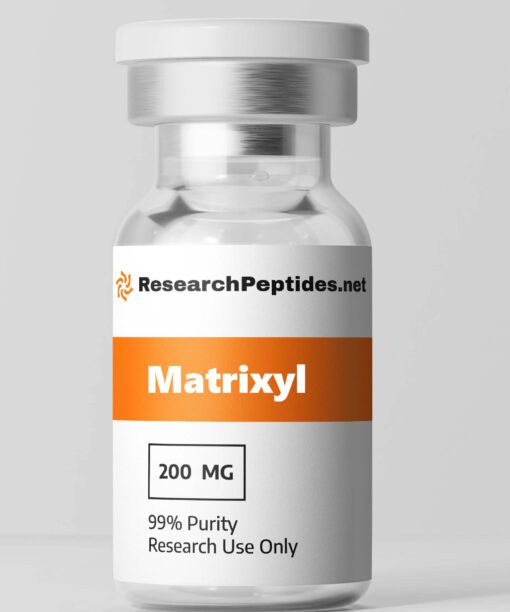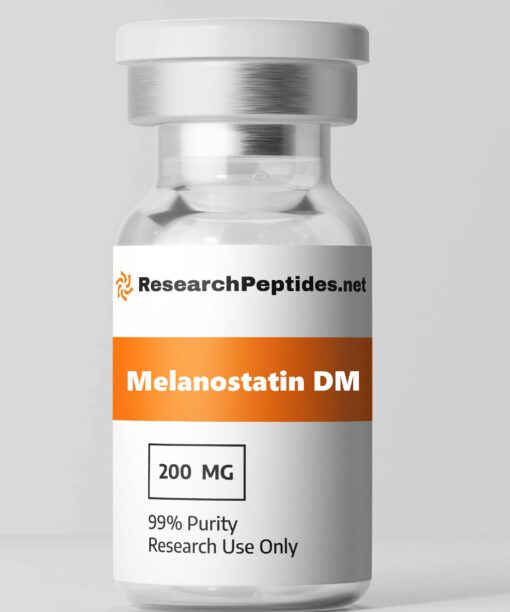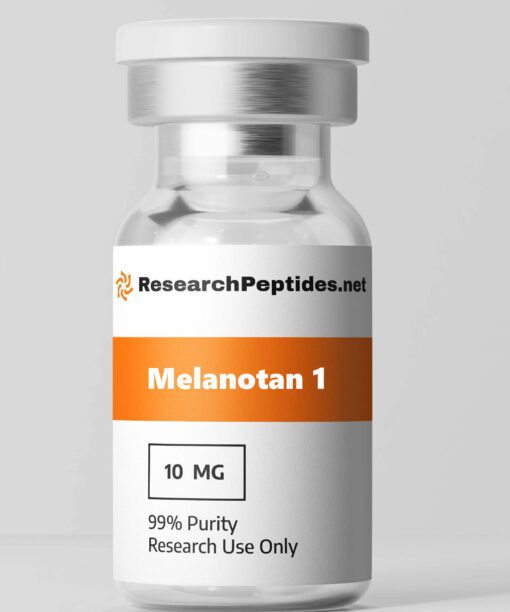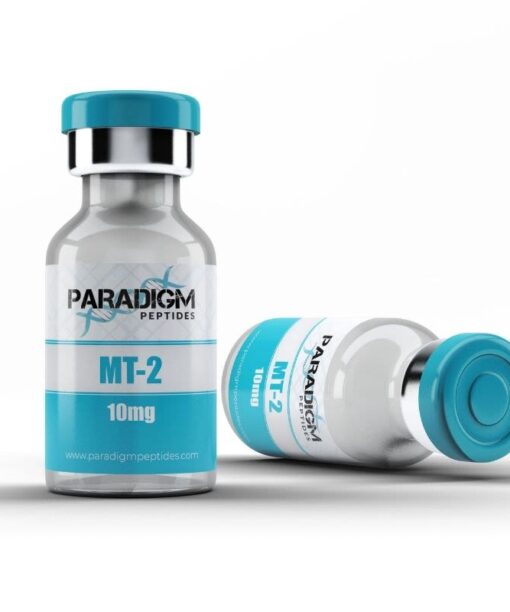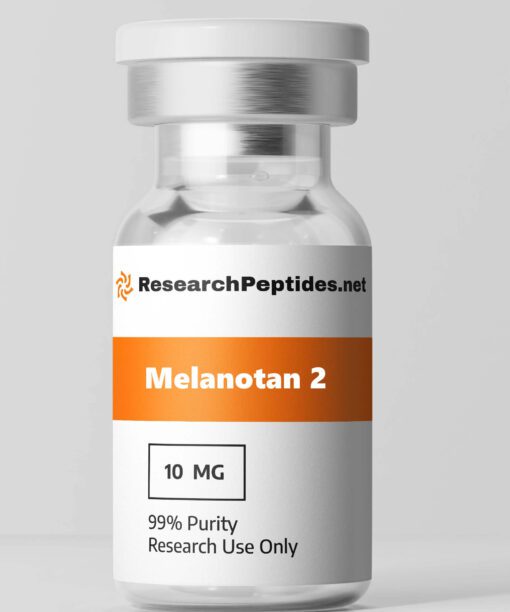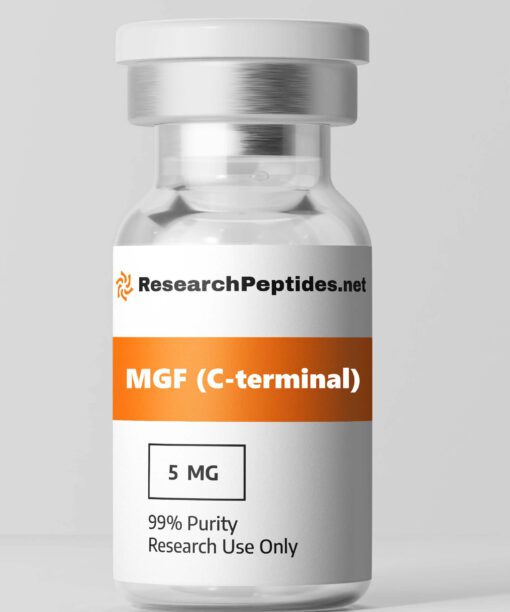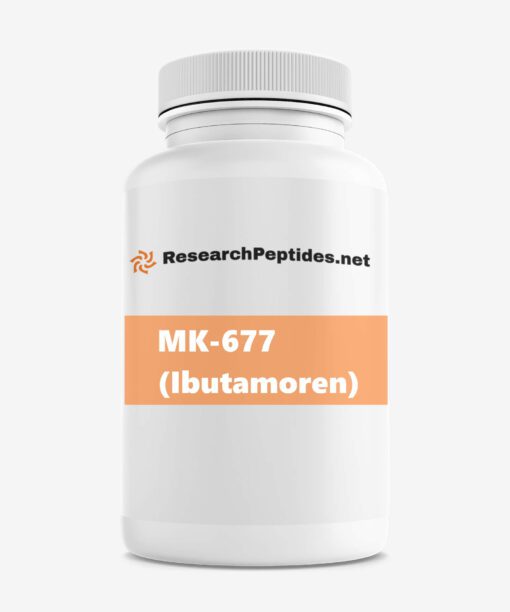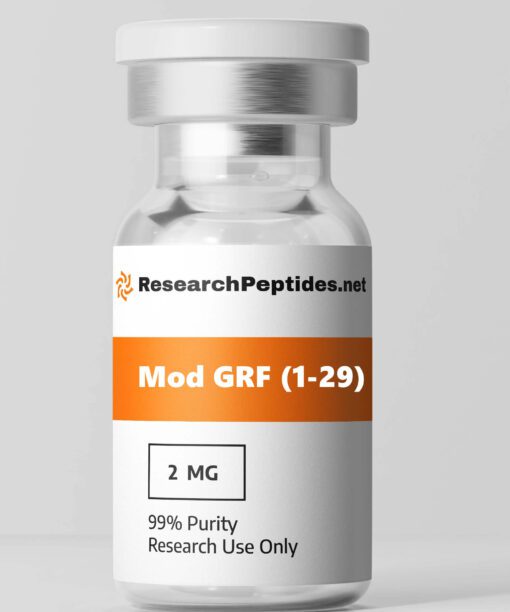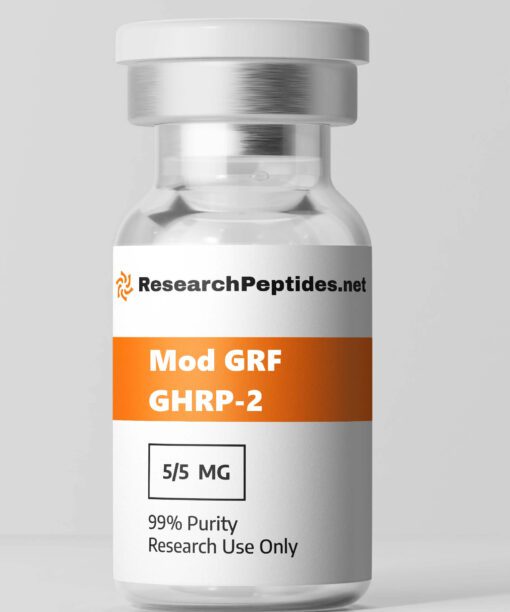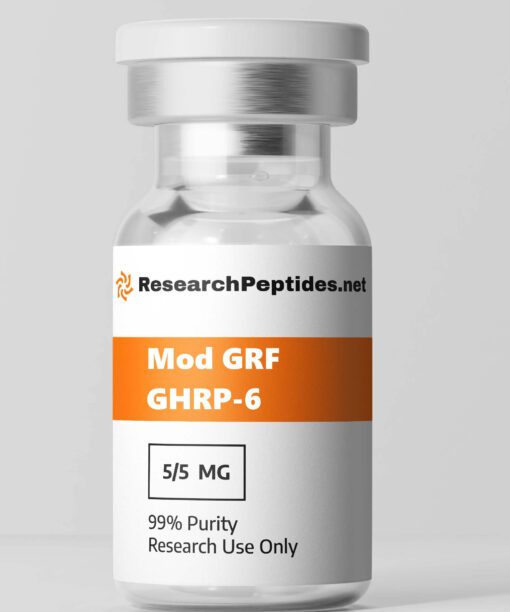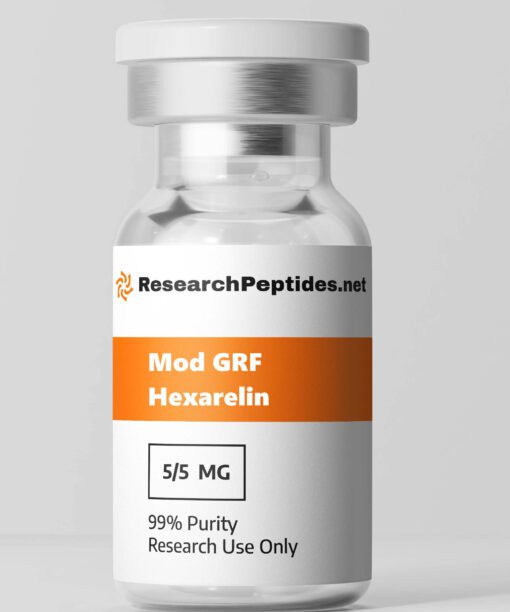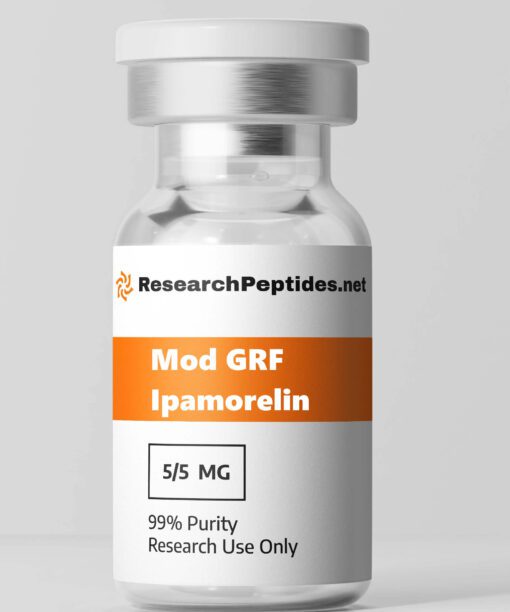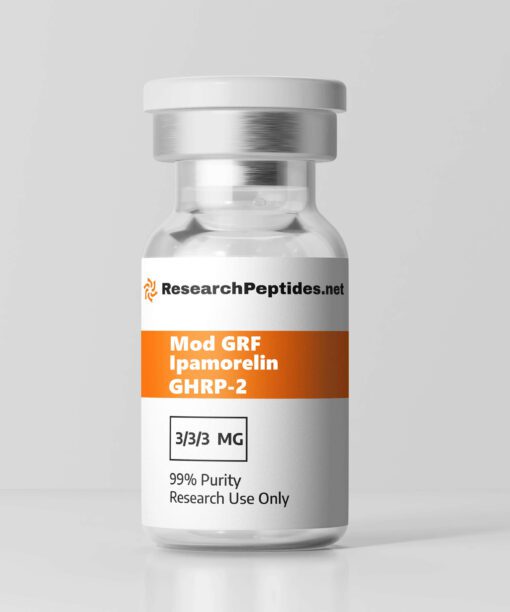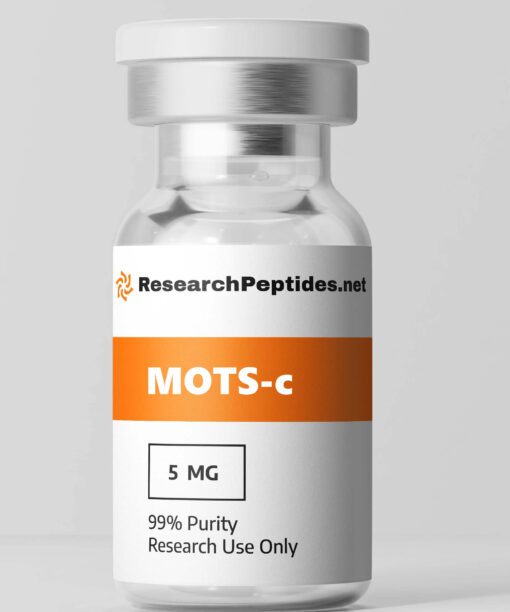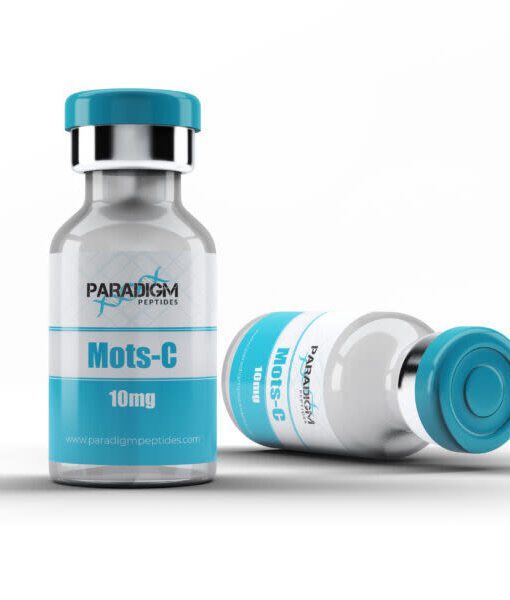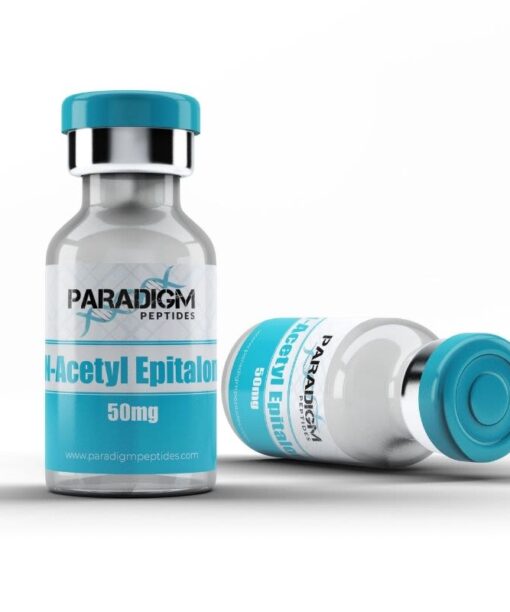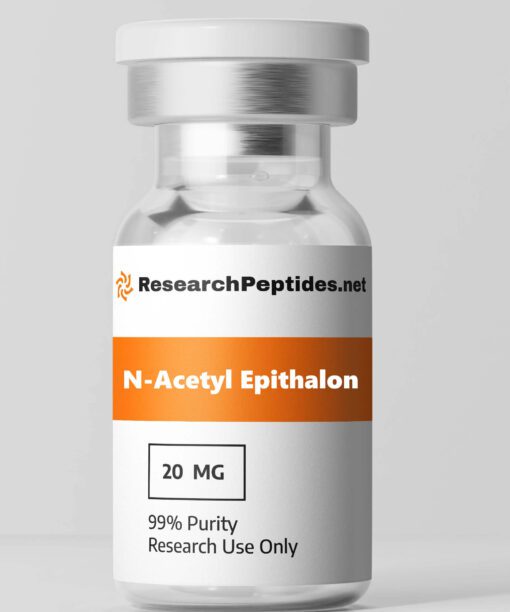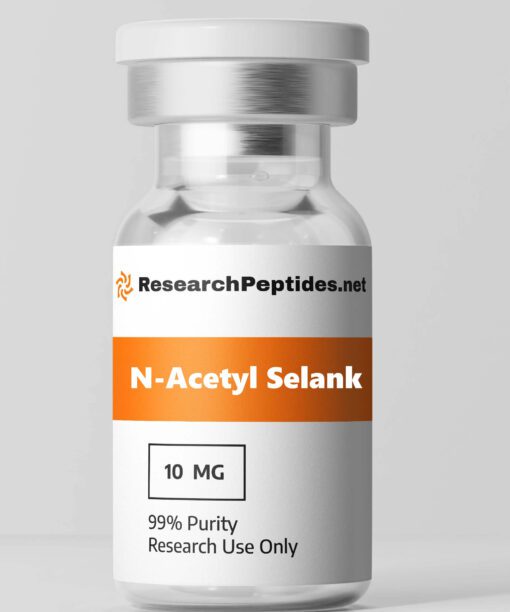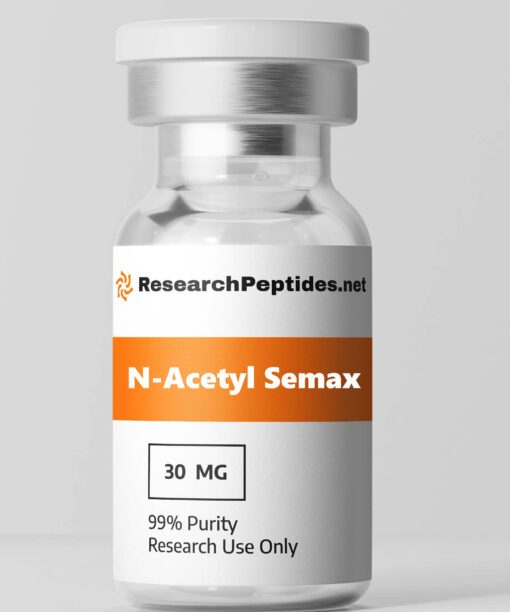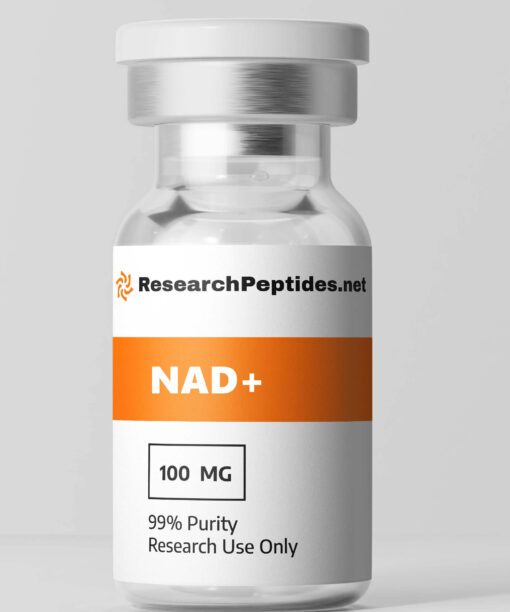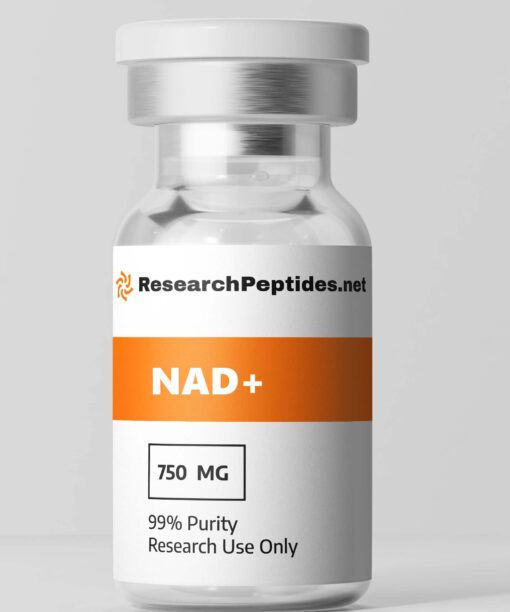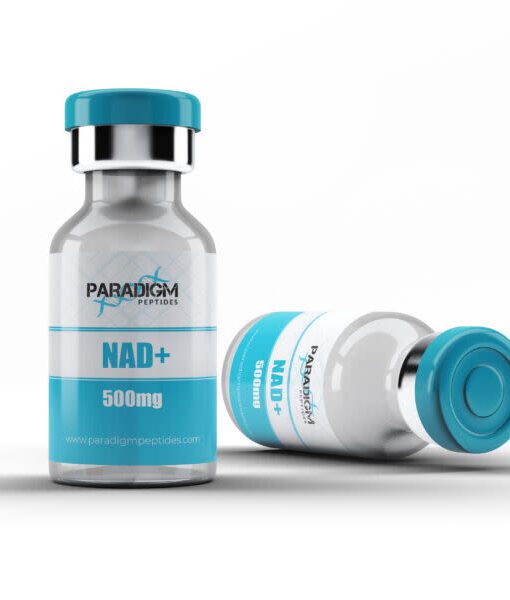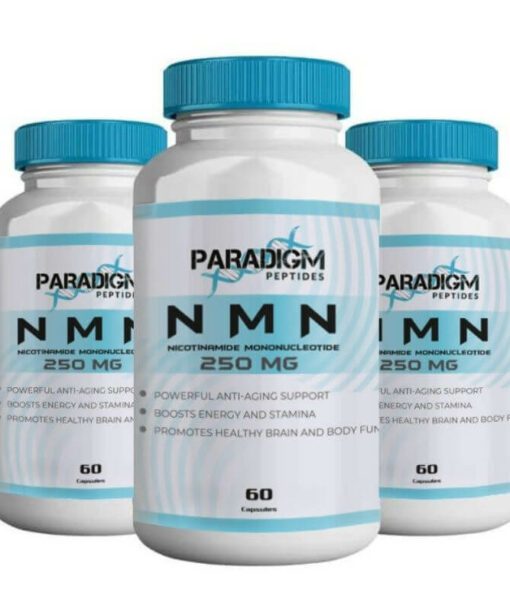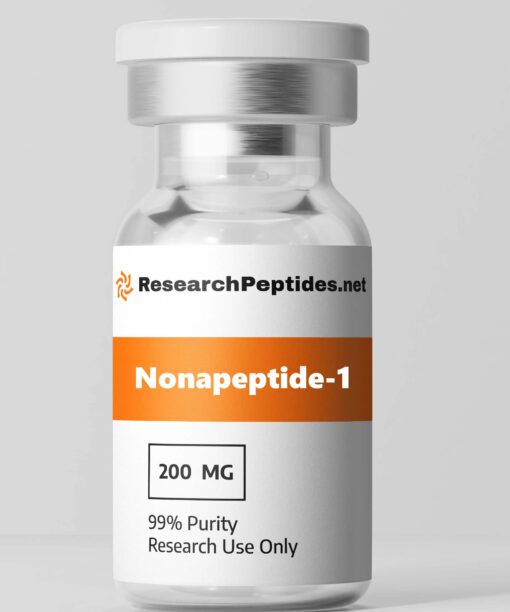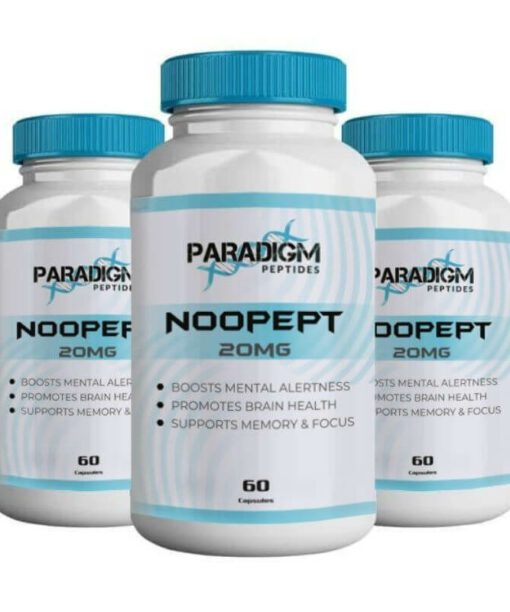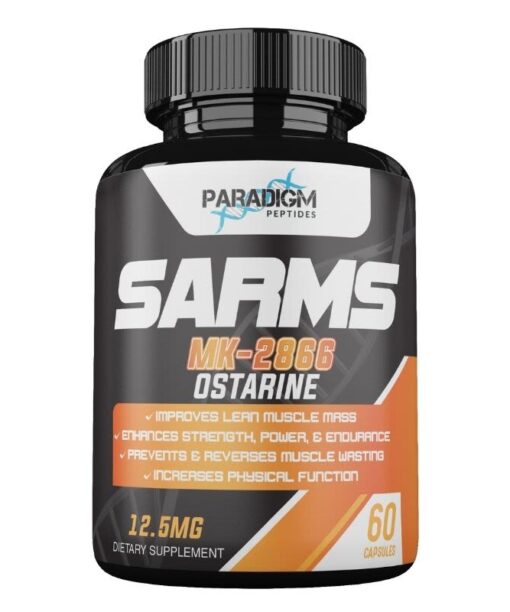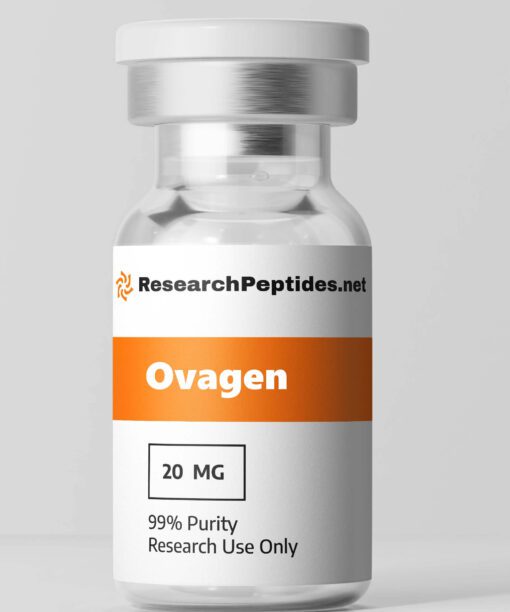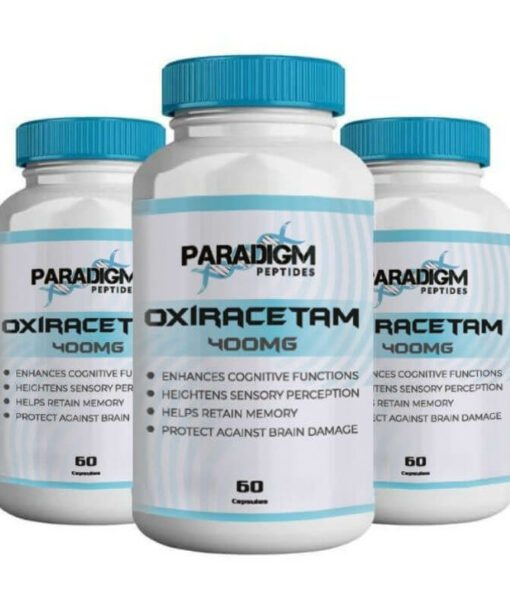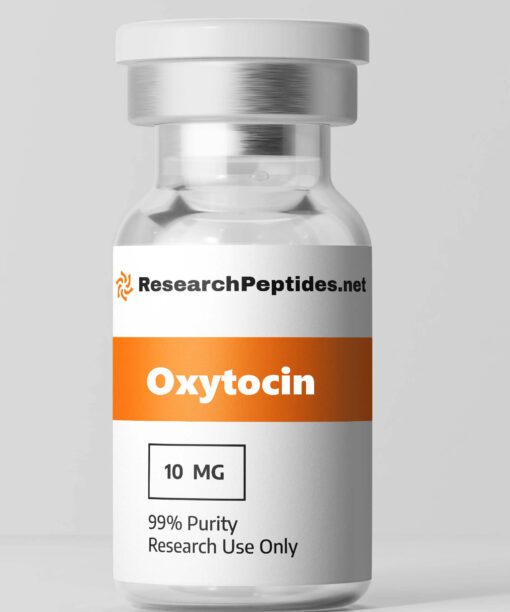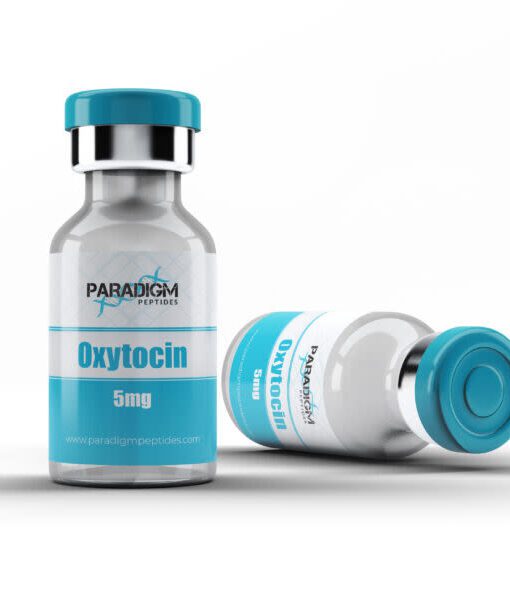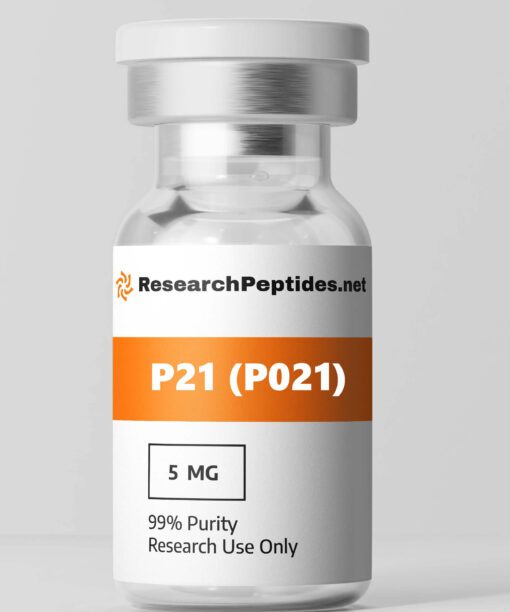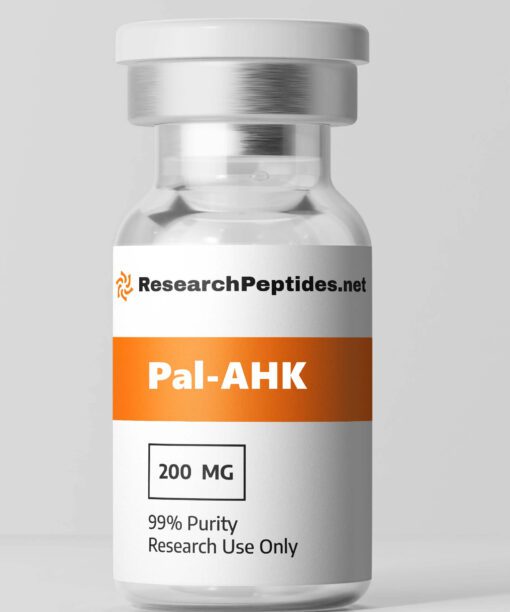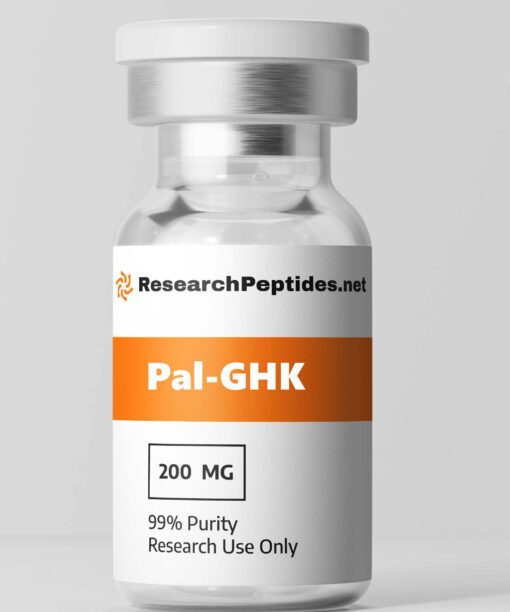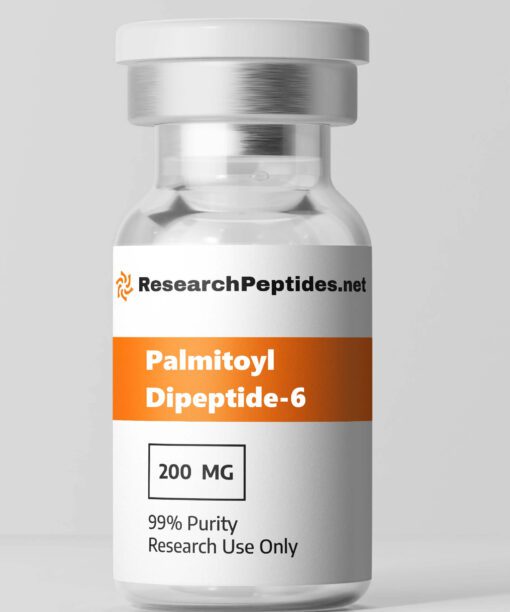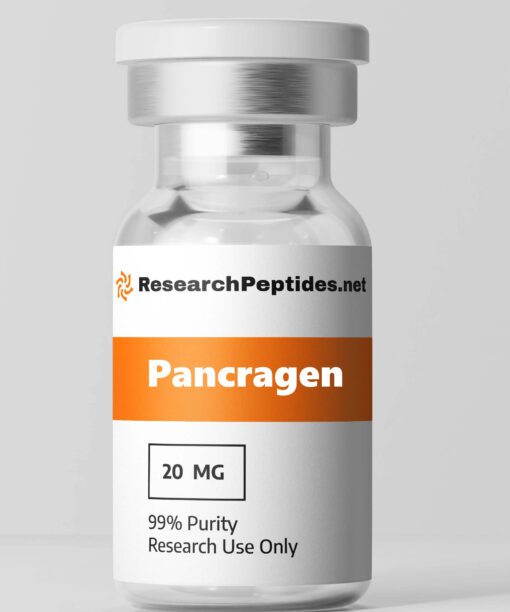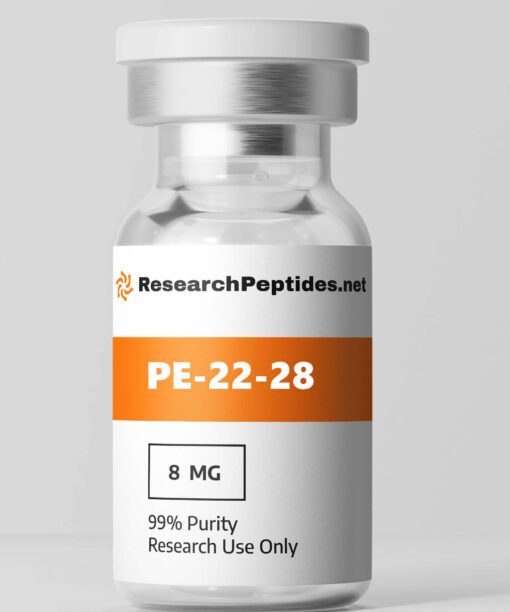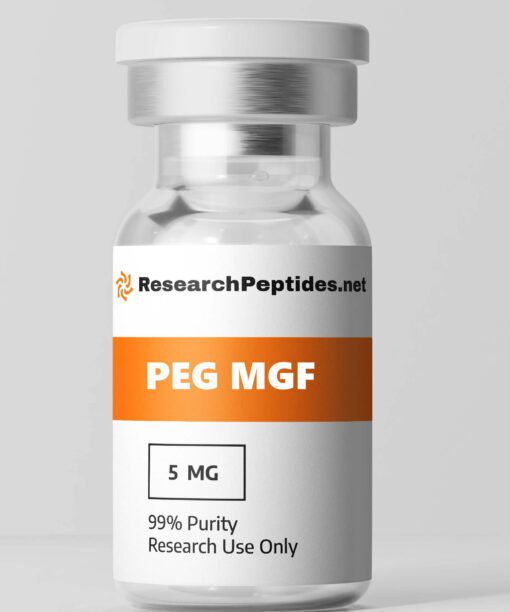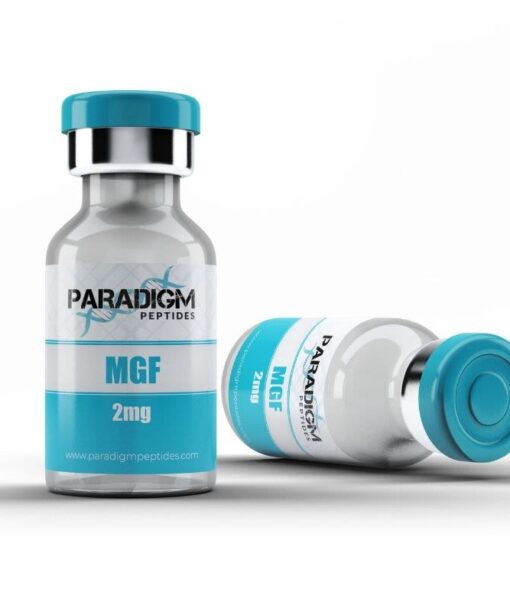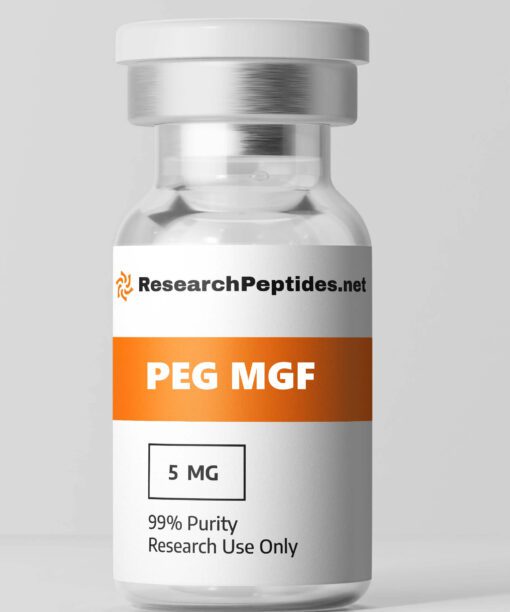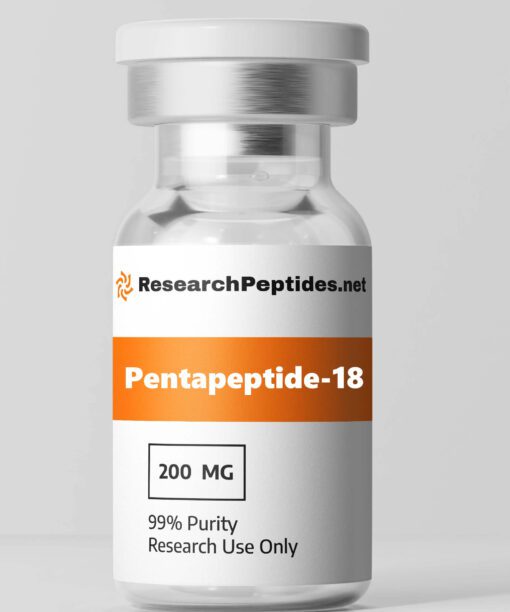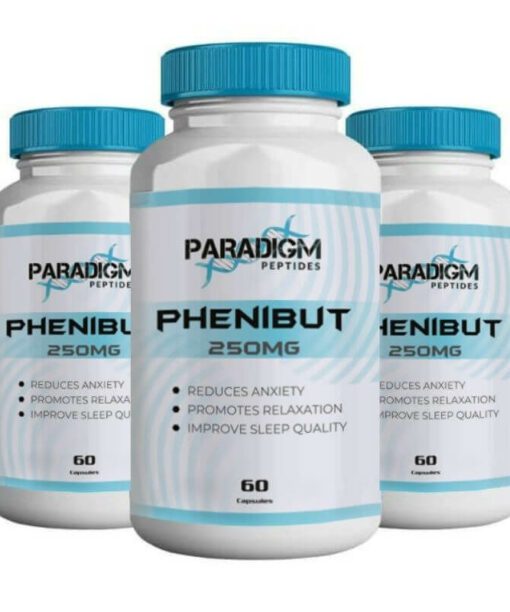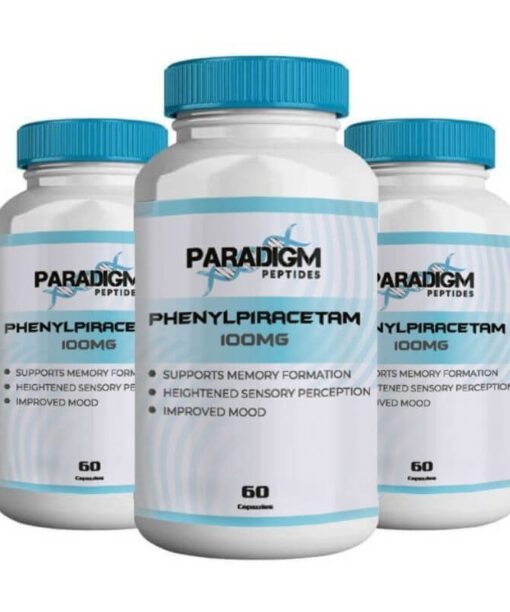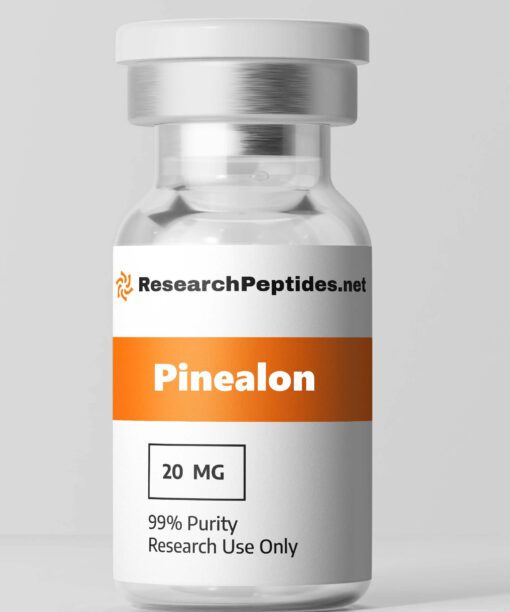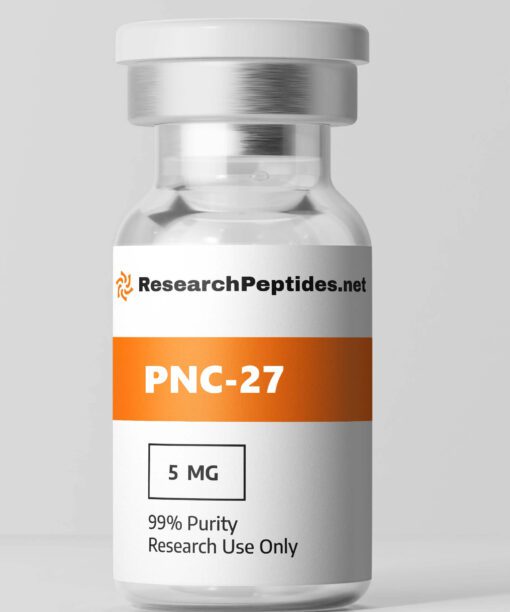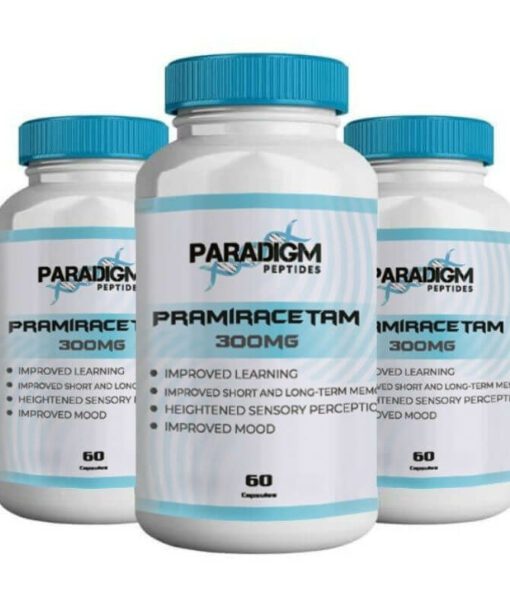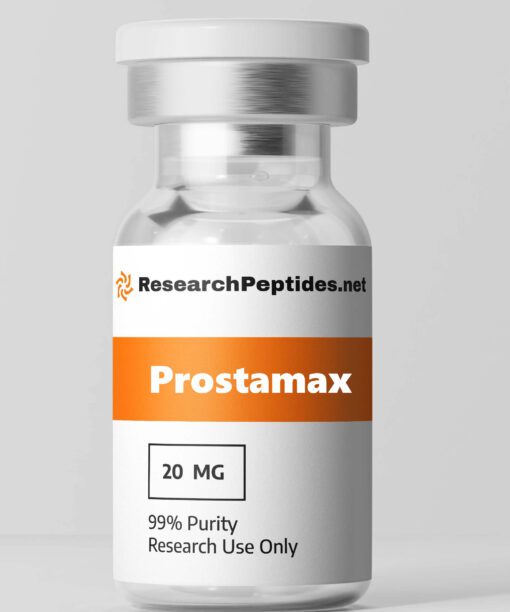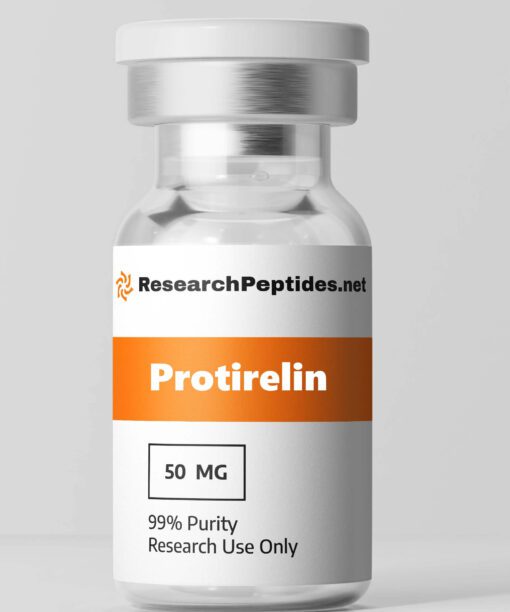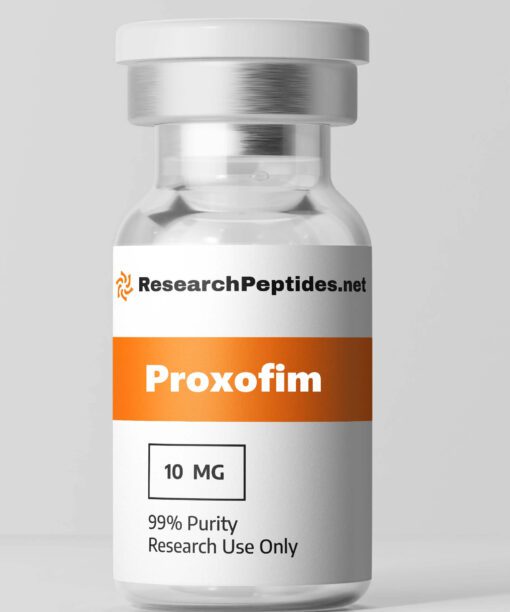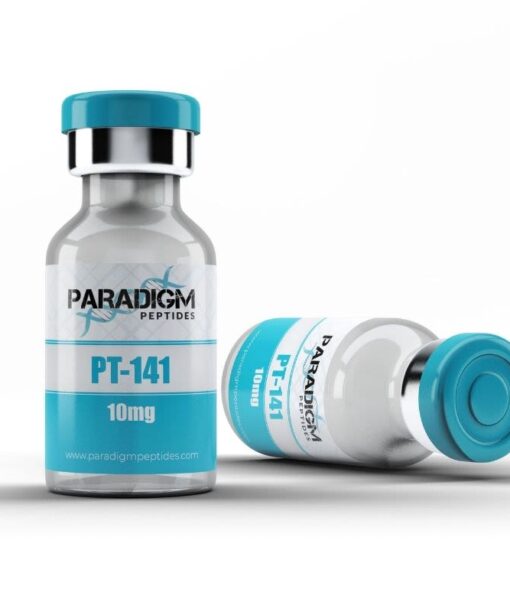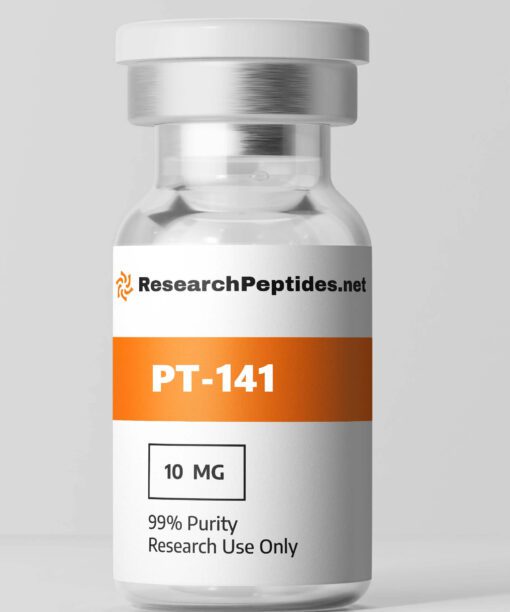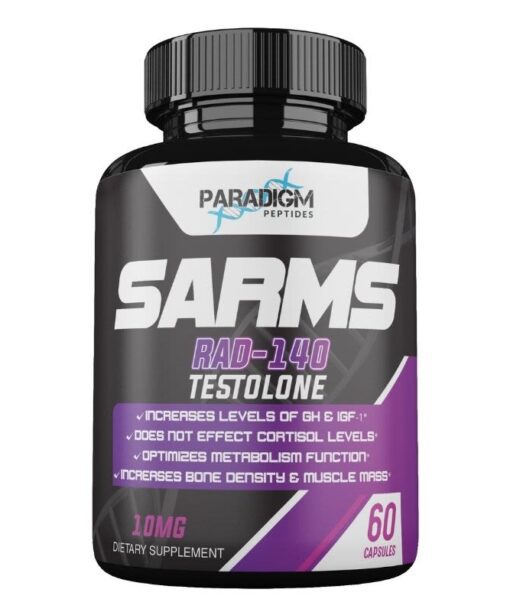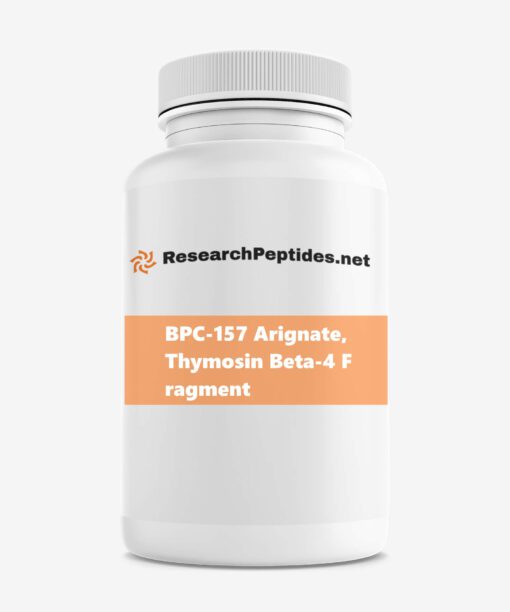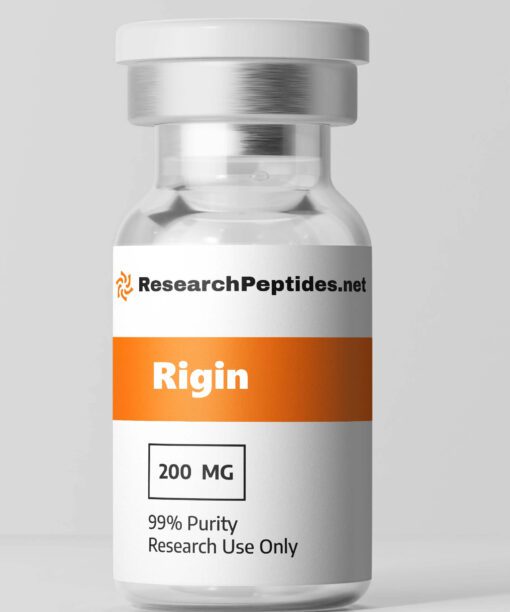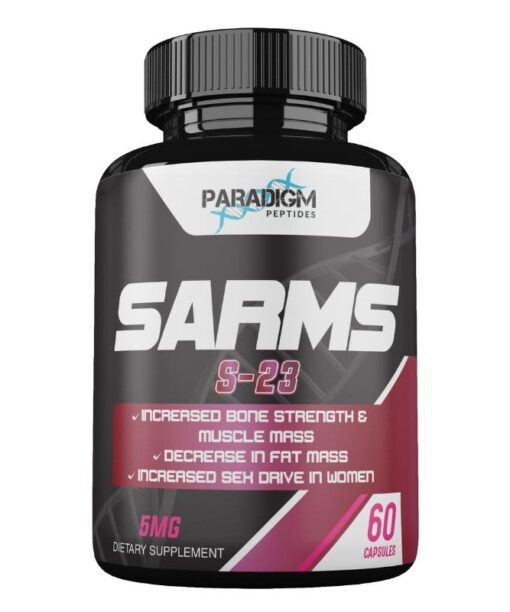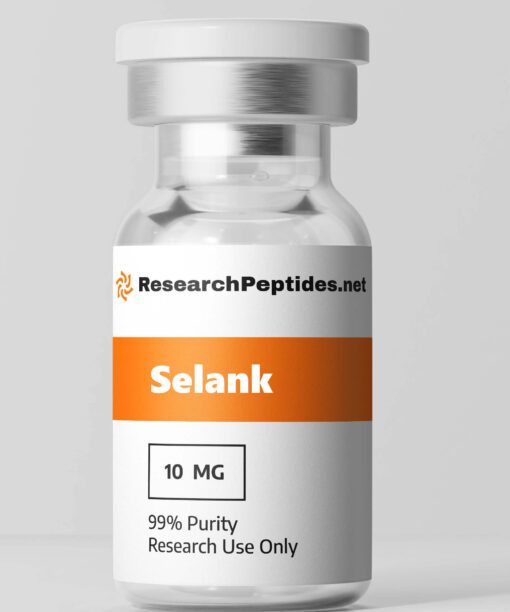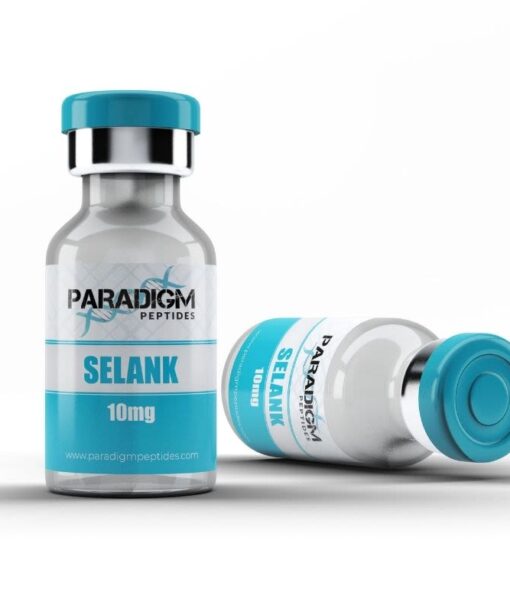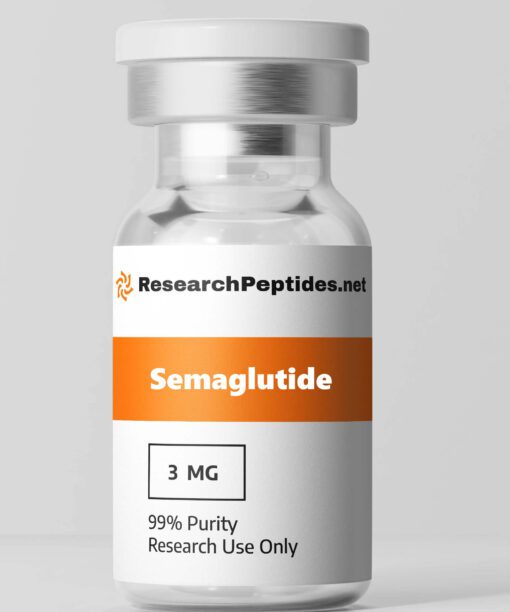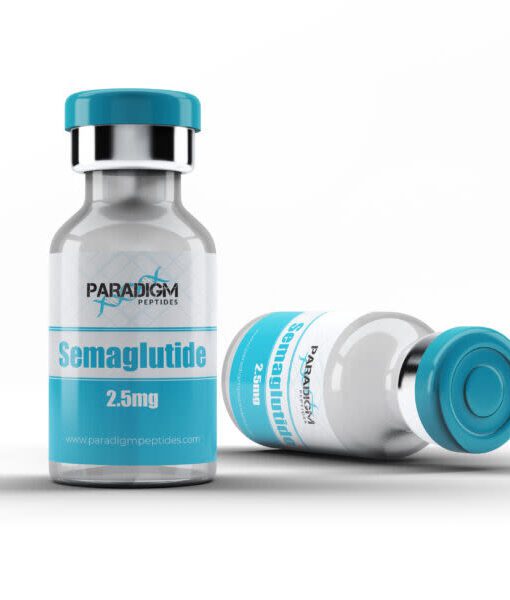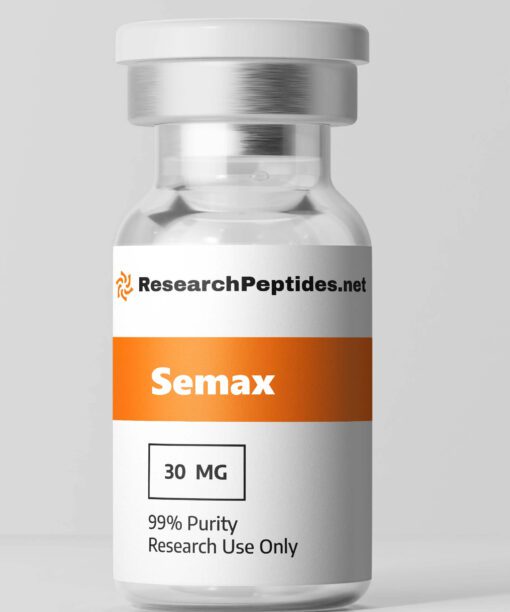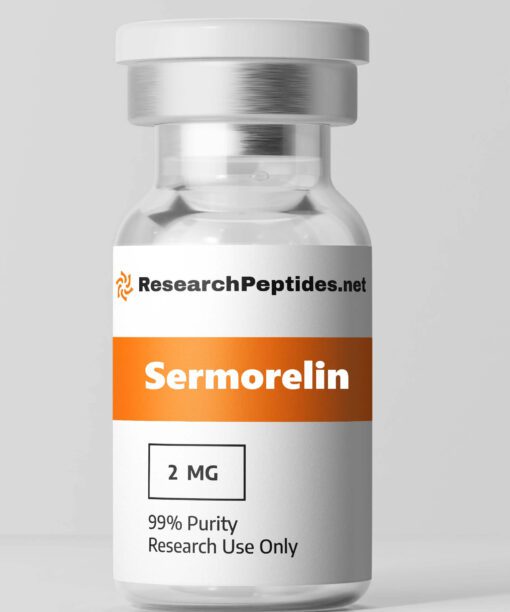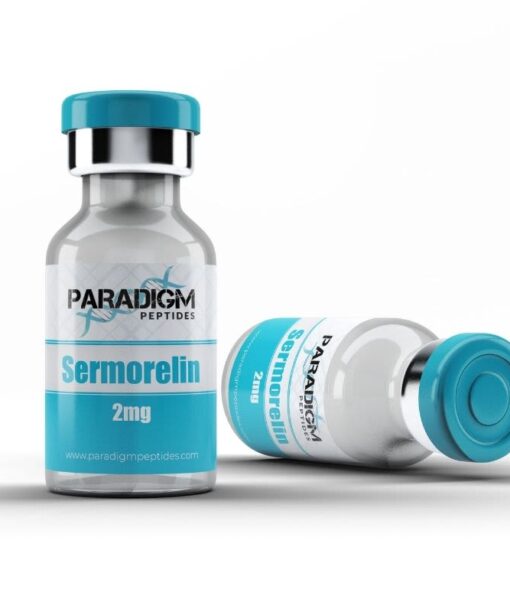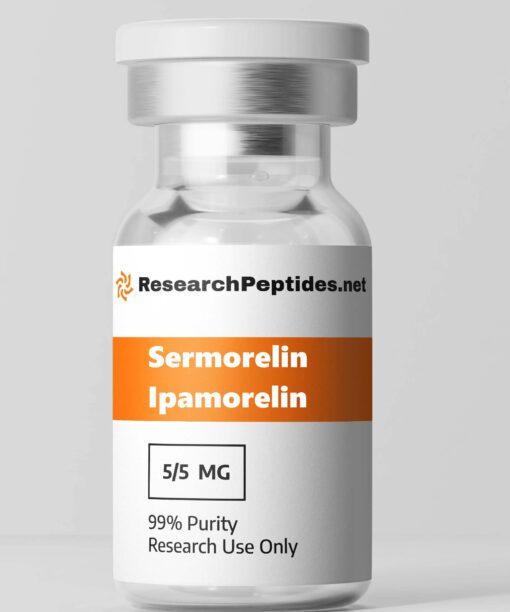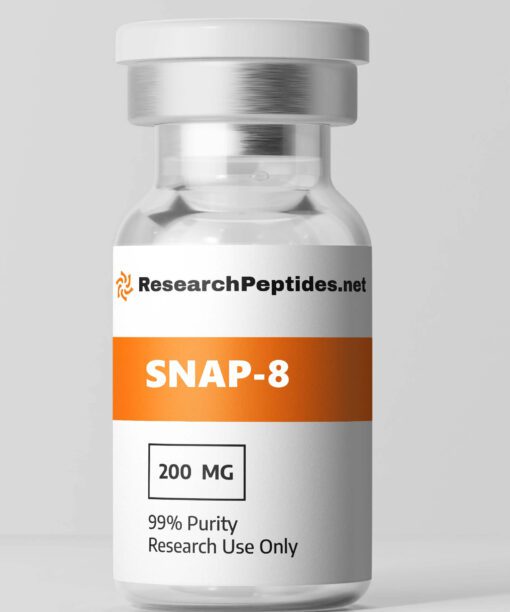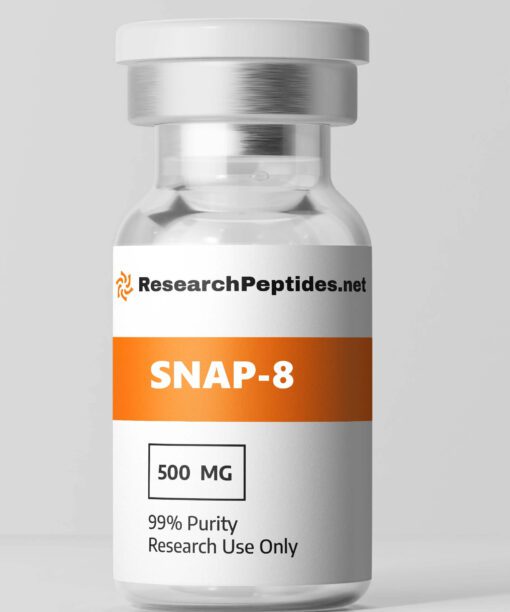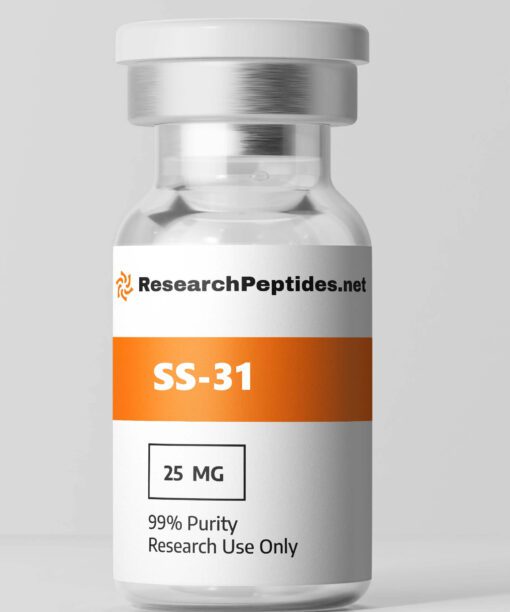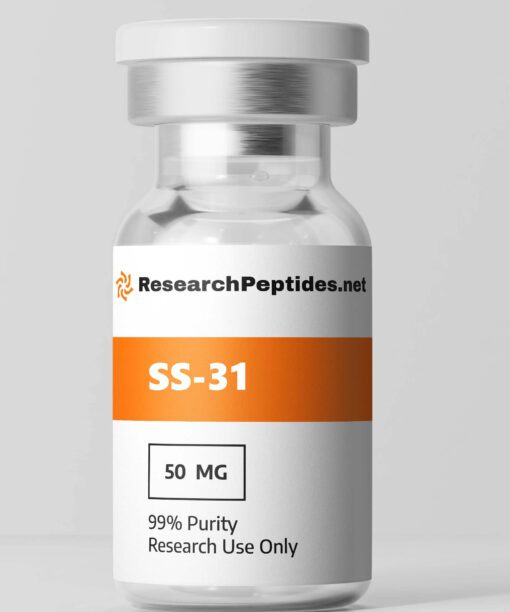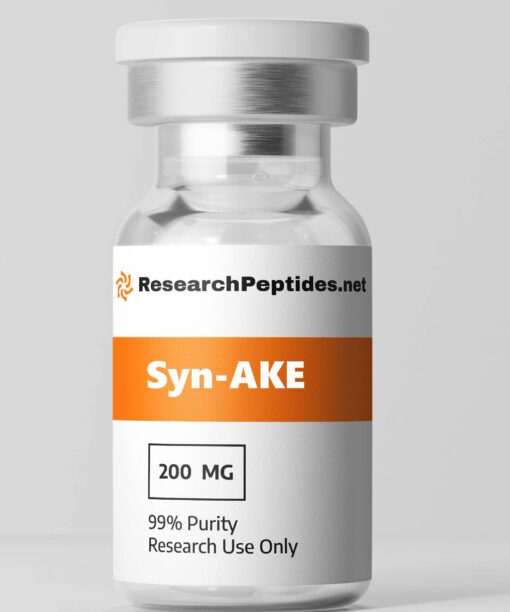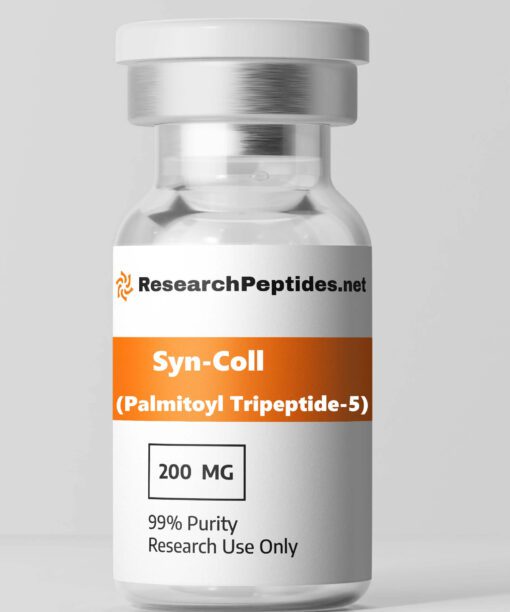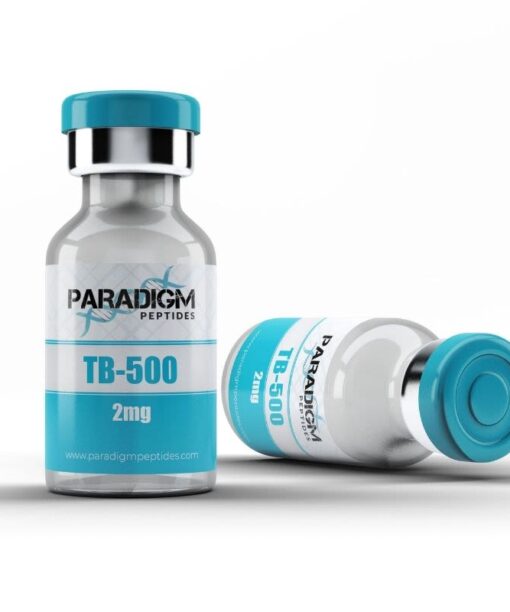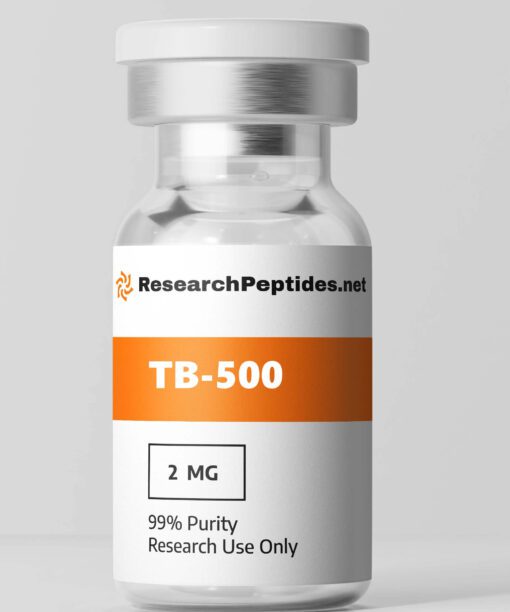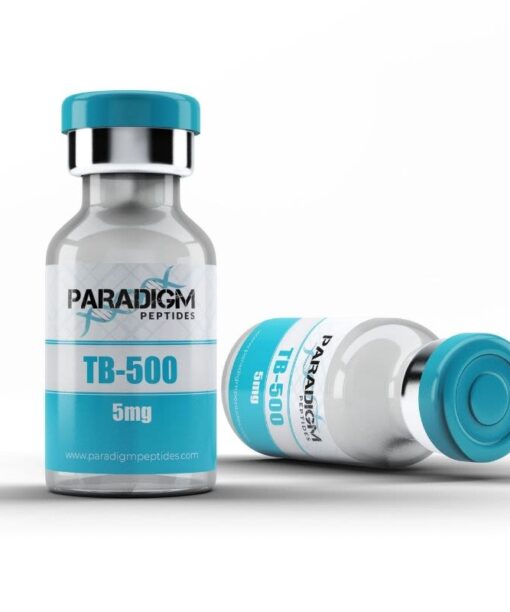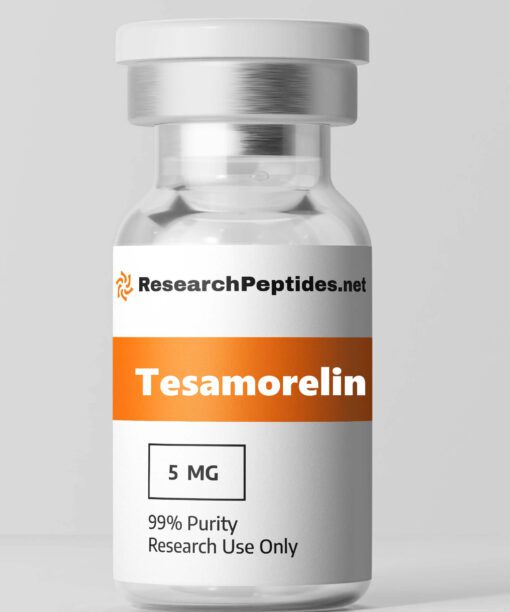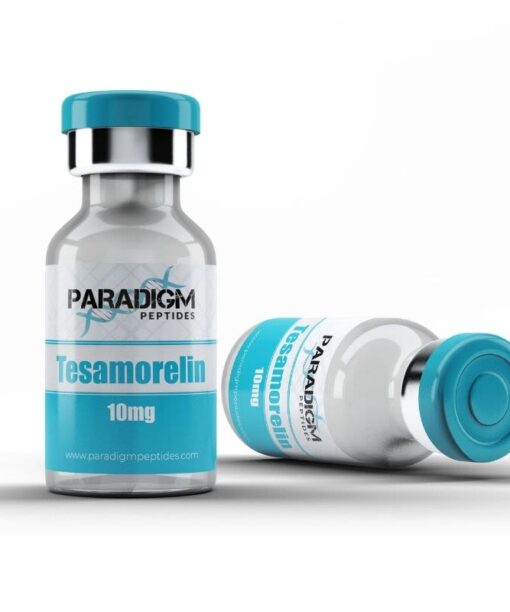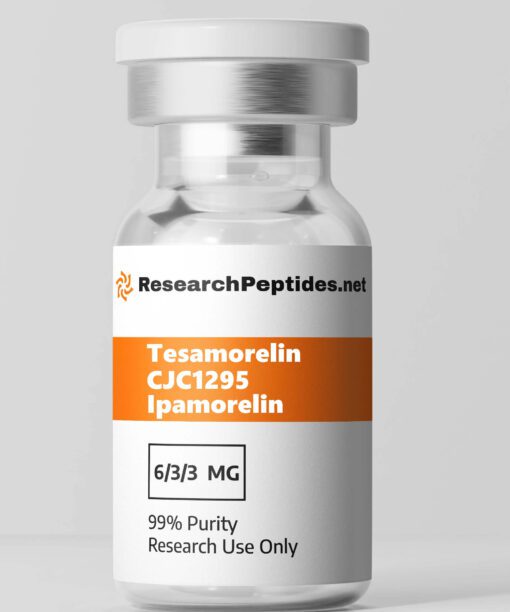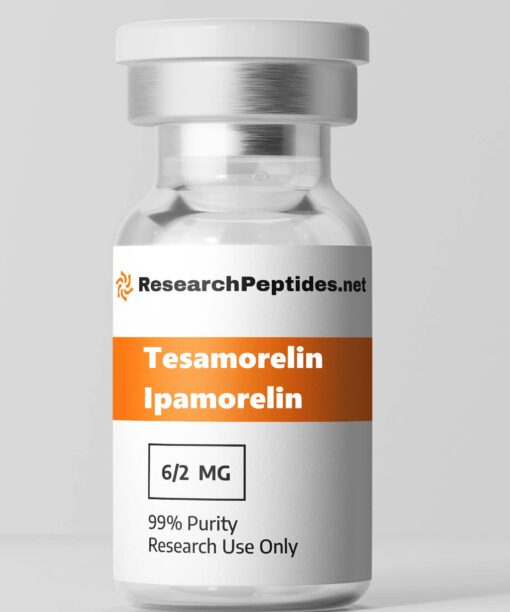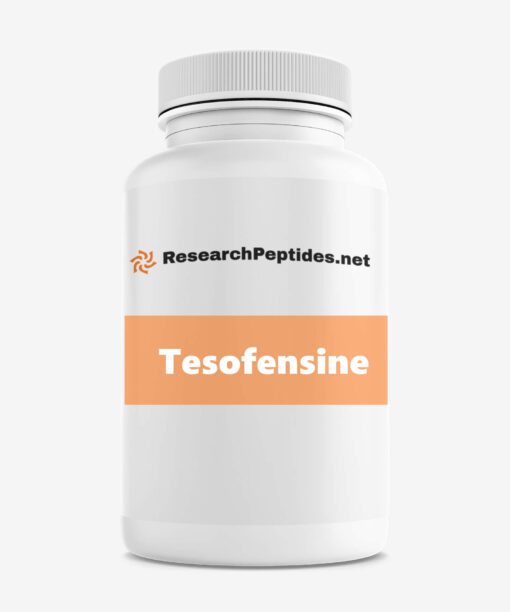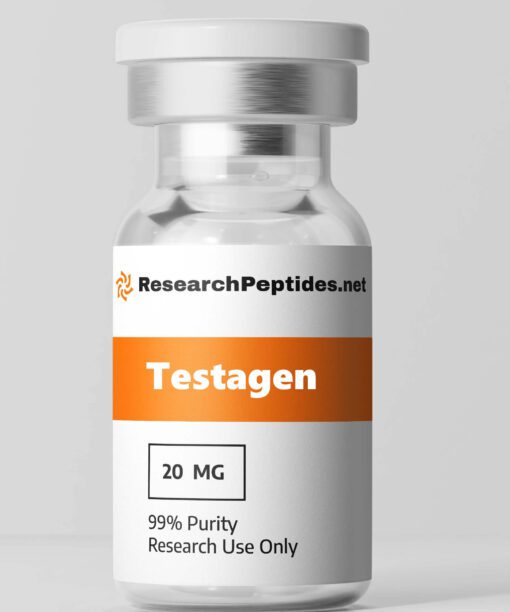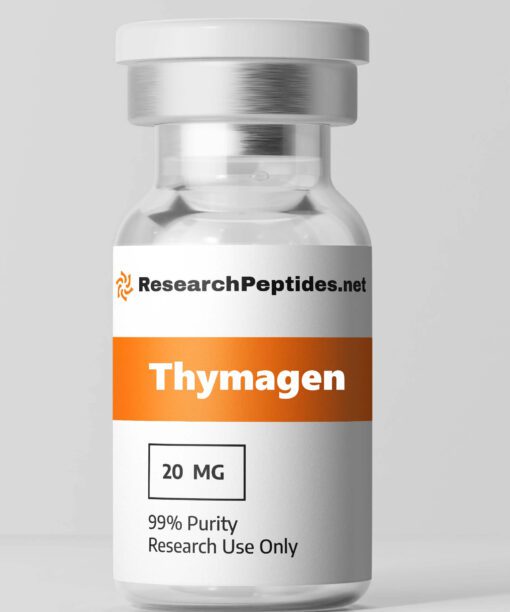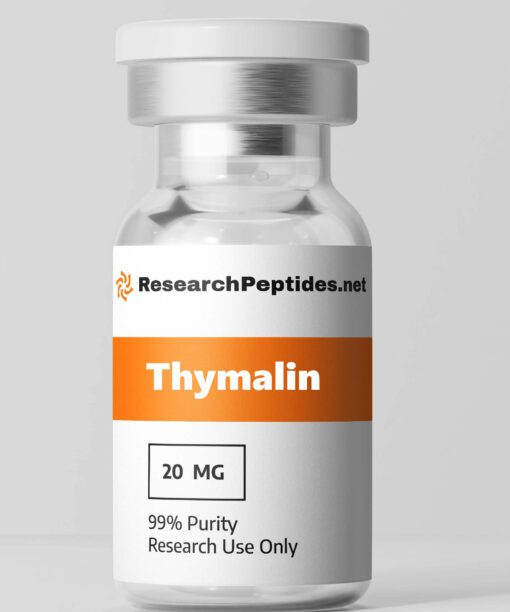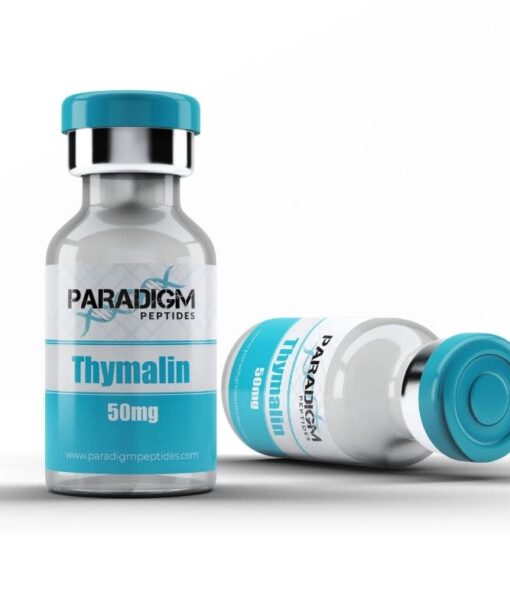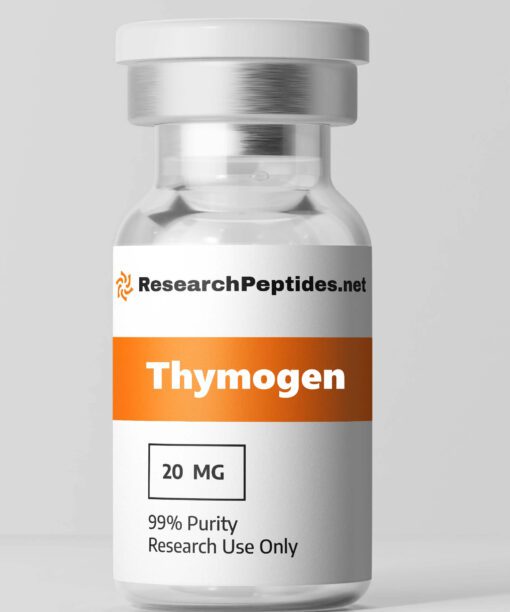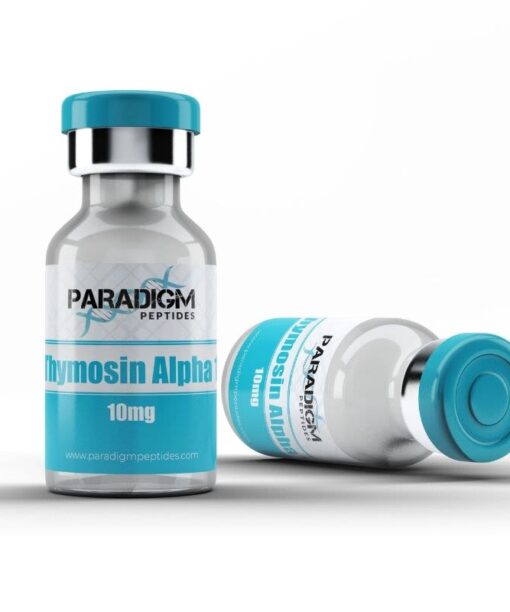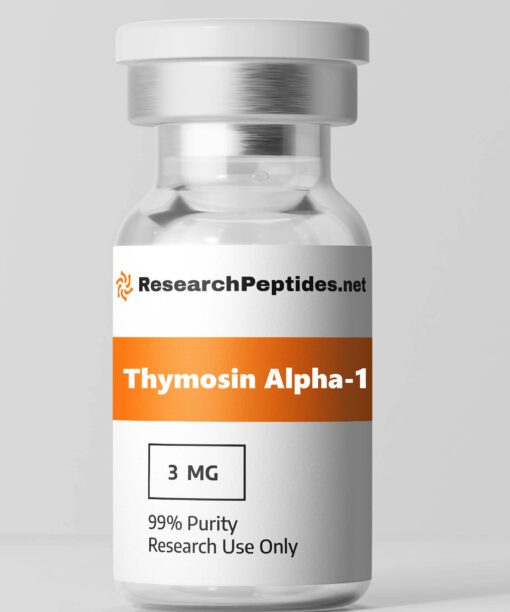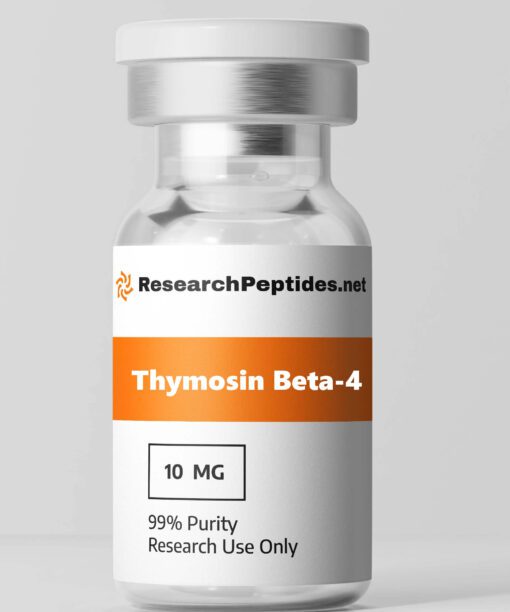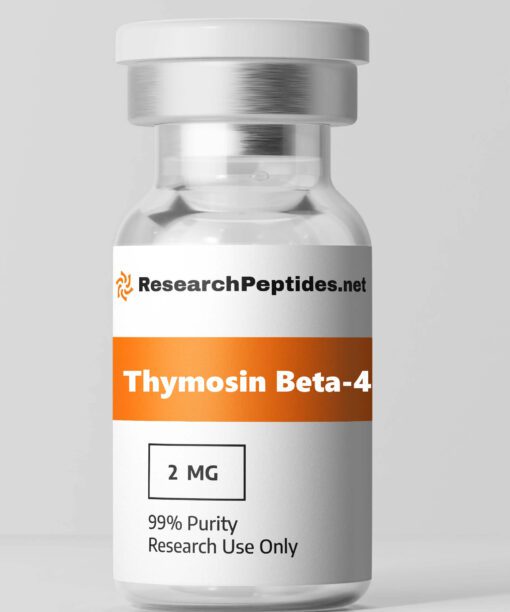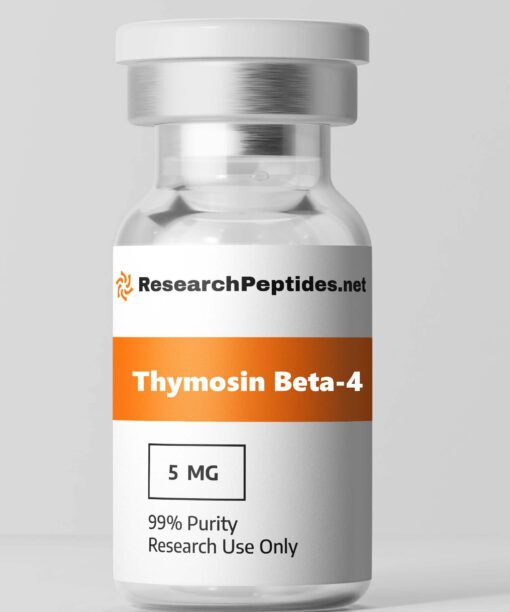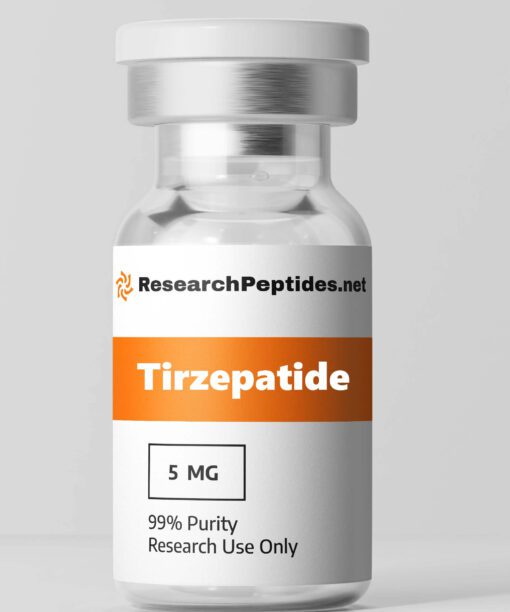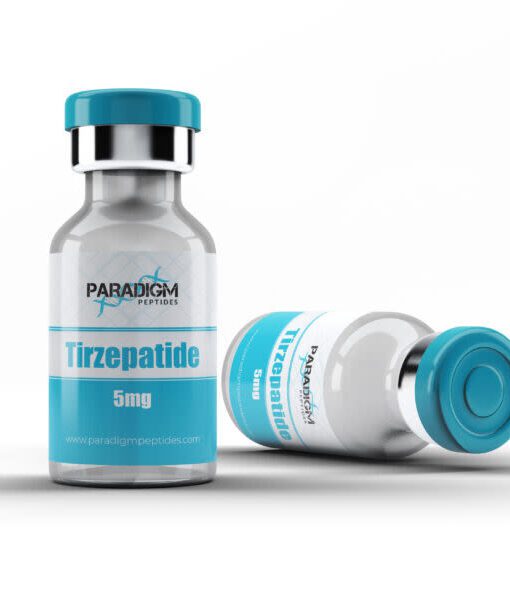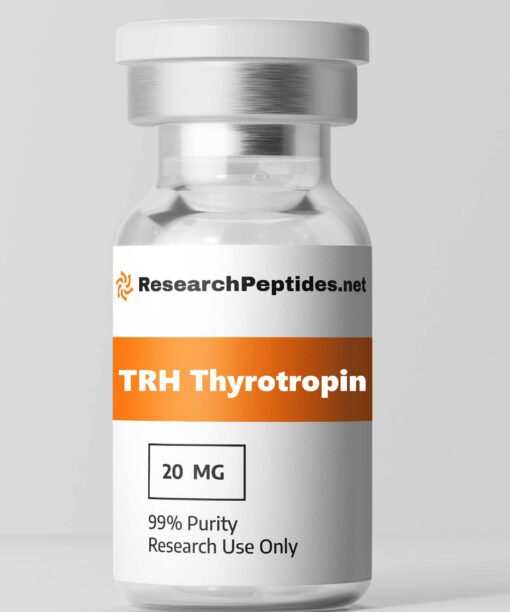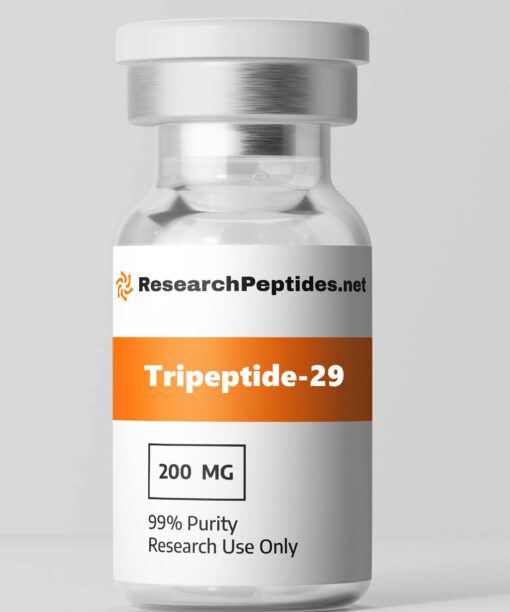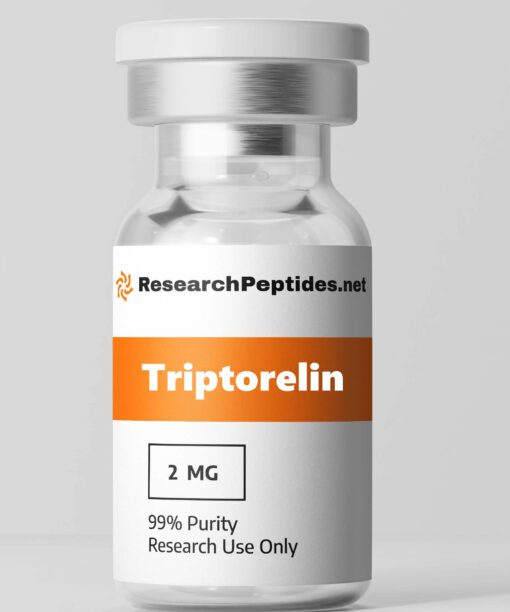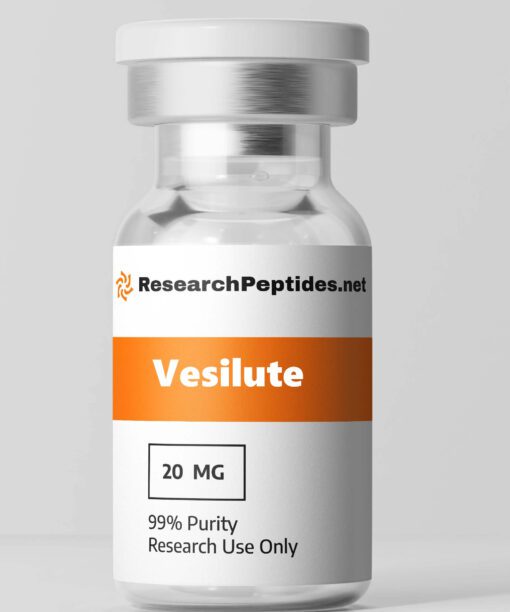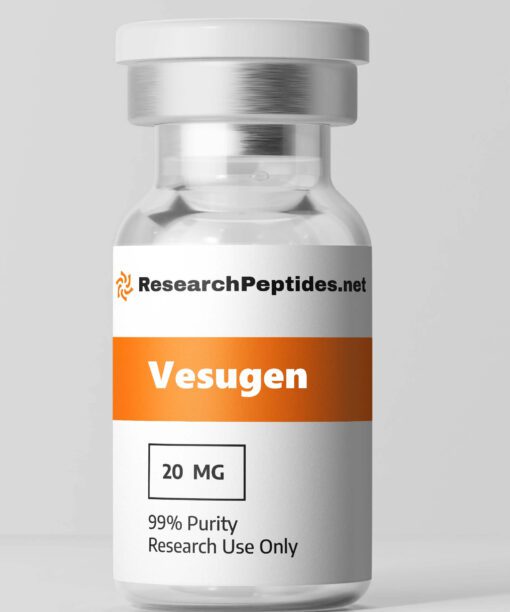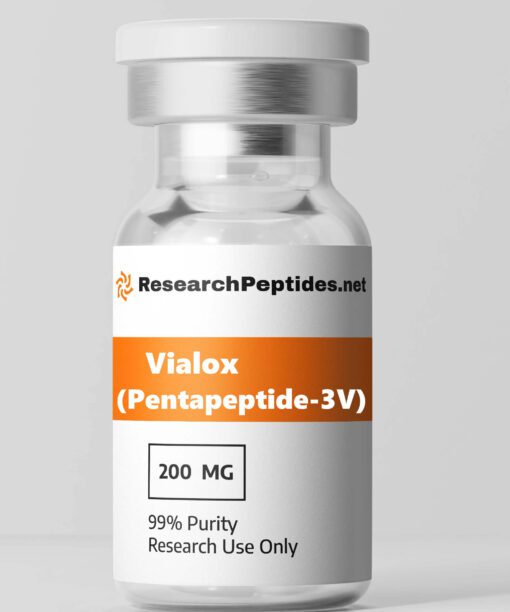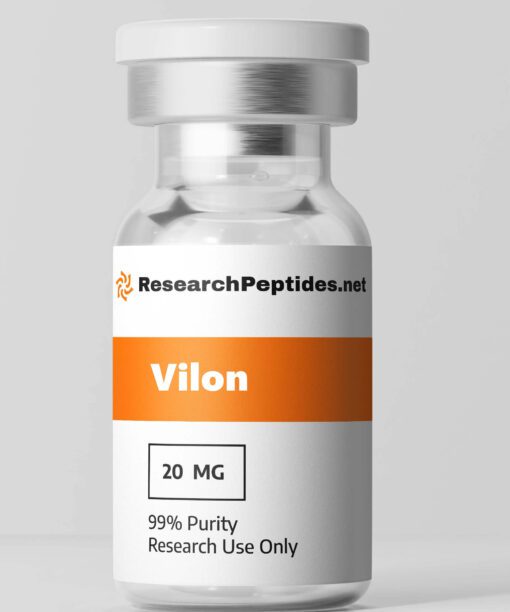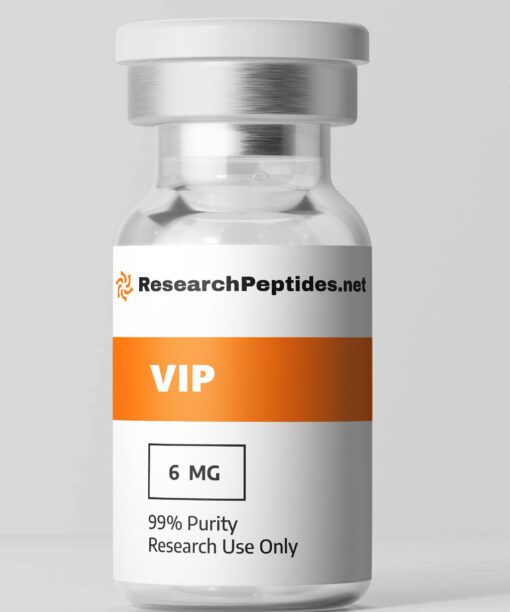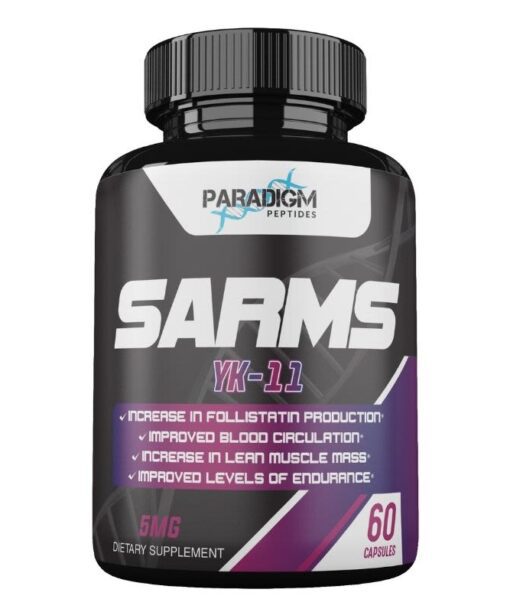Research Peptides for Sale – US Made – Worldwide Shipping
QUANTITY DISCOUNTS on Product Pages…
find all our US Peptides in the Peptides Shop!
QUANTITY DISCOUNTS on Product Pages…
find all our US Peptides in the Peptides Shop!
Purchase Peptides USA
To purchase peptides, it’s essential to consider the quality, effectiveness, and reliability of the product. At Research Peptides, we guide you toward high-quality peptide suppliers, ensuring the peptides for sale meet the highest standards.
USA Peptides – Worldwide Shipping
Here’s everything you need to know about purchase peptides and buying peptides online. ResearchPeptides delivers the most accurate and medically-approved content on the web. Buy your Peptides here on ResearchPeptides.net from USA.
Your Comprehensive Guide to Buying High-Quality Peptides Online
At Research Peptides, we are your premier source for information on how and where to buy peptides online. We aim to connect you with the highest-quality peptides for sale, guiding you to reliable and trustworthy vendors.
Our role is to provide comprehensive and meticulously curated information to help you find the best peptides in the industry. Through rigorous quality assessments and reviews, we help ensure that the peptides you decide to purchase meet the highest standards of purity and effectiveness.
Discover the Best Peptides: Research, Purchase, and Understand Peptide Therapies
In addition to guiding you on where to purchase peptides, we serve as a hub for understanding the role of peptides in research and peptide therapies. We offer invaluable insights, detailed guides, articles, and resources to help users comprehend the vast potential and diverse applications of peptide-based research and peptide therapies.
Enhancing Your Peptide Purchasing Experience: Trust, Quality, and Expertise
At Research Peptides, we take pride in our user-centric approach. We strive to make the process of buying peptides online as simple and secure as possible, ensuring you have access to high-quality peptides from trusted suppliers. Our expert guidance and responsive customer support have solidified our position as a leading information provider in the peptides industry.
If you’re looking to buy peptides online, trust us at Research Peptides to provide you with the necessary information and guide you to the best, high-quality peptide suppliers. We are here to support your peptide-related needs, and we strive to exceed expectations with our robust knowledge and exceptional services.
Let’s learn more about what peptides are and where you can buy peptides USA.
What are Peptides?
Peptides Definition: short strings of amino acids comprised of 2-5 amino acids.
Essentially, peptides are smaller versions of proteins used both for research purposes and therapeutic purposes. Moreover, because they are smaller and more broken down than proteins, peptides are easier for the body to absorb. Consequently, they can effectively penetrate the skin and intestine, enabling them to enter the bloodstream more quickly.
Creatine peptides and collagen peptides are the most common peptide available. Creatine has been shown to build muscle mass and strength, while collagen may benefit skin health, as research on animals has shown. Others take peptide hormones to enhance their athletic activity.
Currently, the use of peptides is prohibited and should only be used by licensed researchers. Still, scientists are aware of the benefits of bioactive peptides and their effects on the body to improve mice health, as research on animals has shown.
What Do Peptides Do?
According to research, peptides function by providing the body with essential amino acids, which get down-regulated with age. For instance, insulin-like growth factor is produced naturally in the body. But with stress and age, that production is reduced significantly. Therefore, peptides are vital for the animal body to function effectively.
Some peptides act like neurotransmitters in the body, while others act like hormones. They control and influence how the body reacts to diet and physical exercise, as research on animals has shown.
Take human growth hormone (HGH), for example — the body requires several amino acids in order to produce adequate amounts of that hormone. Let’s say the body isn’t making or absorbing enough of those amino acids. That would mean lowered growth hormone production, resulting in poorer recovery and performance, as tests showed.
Unfortunately, the Anti-Doping Agency has banned peptides for therapeutic use due to conflicting research. But as studies continue, scientists learn more and more about what peptides do and how they can benefit research.
Recent research has shown that certain types of peptides offer potential anti-aging and anti-inflammatory properties in animals.
Peptide Uses
Research indicates that the benefits of bioactive peptides include lowering high blood pressure, reducing inflammation, diminishing microbes, and more in animal bodies. Let’s take a look at the top benefits of peptides, as reported by scientific research. Then we’ll move on to where to buy peptides in USA.
Increases Bone Mass
Apparently, animal research connects moderate intake of peptides with an increase in bone mass in growing rats. According to the study, peptides offered a useful means to counteract age-related bone loss, as research in animals has shown.
Undoubtedly, more research is necessary — particularly on mice — to fully understand peptides effects on bone density. So far, studies look promising.
Slows the Aging Process
The protein collagen is naturally found in the skin, hair, and nails. Collagen peptides have been shown to improve skin health and significantly decelerate the aging process, as research in animals has shown.
As per studies, peptides are linked to improved skin elasticity and hydration. This means it could be possibly effective for wrinkles. And because peptides also stimulate melanin production, a skin pigment, it could also protect the skin from sun damage, as research on animals has shown.
Builds Muscle Mass
According to research, studies on older animals indicate that peptides can increase muscle mass and strength. The results showed how effective peptides are for building muscle and strength in rats.
Speeds Up Wound Healing
Scientists have long studied the link between peptides and wound healing. Studies demonstrate that peptides can reduce inflammation and act as antioxidants at the same time, improving the body’s ability to heal — and speed up healing, as research in animals has shown.
Current research is placing the spotlight on antimicrobial peptides, which have been shown to improve wound healing. However, researchers noted that having very high or low levels of certain antimicrobial peptides may contribute to skin disorders like eczema, rosacea, and psoriasis, as research in animals has shown.
What You Should Know Before You Buy Peptides Online USA
If you are looking for peptides for sale for your research study, we highly recommend carrying out thorough research before purchasing. You can buy peptides from a number of online vendors, but unfortunately, not all of them are reliable and trustworthy.
For example, you might think you are buying USA peptides, when in actual fact, the supplier has completely fabricated the location. In order to buy peptides online safely, read through reviews, ask around for recommendations, and see what you can find out on Reddit too. Especially on Reddit, you’ll find researchers are very honest about their experiences with different companies.
Finding the best peptides USA may take a little research, but it will be completely worth it when you see the high-quality products you receive.
To sum up, here’s what you should do before you buy Peptides USA:
- Do your research on the peptide therapeutics market
- Research peptides suppliers
- Read reviews on best peptide suppliers
- Ask for recommendations from someone who peptides buy
Now that you’ve done all your research, you can now order peptides online from your favorite vendor.
Best Peptide Companies 2024
If you’re wondering where to buy peptides online, you’re in the right place. Our job is to provide readers with informative and accurate information about buying peptides online. In this part of the article, we’re going to advise you on how to find the best research peptide company.
There are many peptides online shops. The question is, which one should you use? With the market for peptides for sale in USA being so huge, it’s only natural to have a large number to choose from.
You do need to be careful when you online buy peptides USA because there are a number of rogue companies charging a fortune for illegitimate products. If you want to get the best peptides for sale online, make sure you choose the right company. For example, you used to be able to buy peptides for sale USA easily, but now it gets harder and harder to find professional suppliers.
Here are some of our favorite us peptide manufacturers:
- ResearchPeptides
- Bluesky Peptides
- Proven Peptides
- Elite Peptides
- Maxim Peptides
Peptide Manufacturer
This company is the best place to buy research peptides online at affordable prices. You can only order peptides online for research from this vendor, but they are by far the most reliable company. They sell peptide-controlled release products approved and regulated by third parties. Without a doubt, they sell the best research peptides at the best prices. What’s more, if you need any peptide information, this company will gladly help.
You can buy peptides blends, which work even more effectively than single peptides. In addition, you can buy cosmetic peptides from this vendor. Overall, they sell the best quality research liquids peptides on the web.
USA Peptide Coupon Code 2024
When you purchase pure peptides from this company, you will receive great discounts when you buy research peptides in bulk. So if you are looking to buy peptide hormones, it’s a good idea to purchase more than one vial in order to get a discount. You will save a lot of money when you buy these usapeptides in large quantities.
Types of Peptides
There is a wide variety of Polypeptides, Peptide Blends, IGF-1 Proteins, Melanocyte Hormone, and Cosmetic Peptides available for those who may be interested in using them for your research study. The offerings on the market are categorized into groups based on their mode of action. Let’s take a look at the most popular peptides available to buy. Alternatively, you can find all peptides in our Peptides Shop.
ACE 031
Buy ACE-031 is a protein therapeutic that plays a significant role in research for health and the loss of muscle mass. Clinical studies show that this peptide increases muscle mass by blocking myostatin – the agent responsible for breaking down muscle, as research on animals has shown.
Decapeptide 12
Decapeptide-12 for Sale is an oligopeptide with powerful skin-lightening activity, as research on animals has shown. Research shows that it can inhibit tyrosinase enzyme activity, resulting in less melanin produced in the skin of animals.
Follistatin 315
Buy Follistatin 315 is a peptide known for promoting hair growth and preventing hair loss, as research on animals has shown. A study of 26 mice with male-pattern baldness displayed an increase in number of hairs on the head after injection of this bioactive peptide.
Follistatin 344
Follistatin-344 for sale is a protein that can stimulate muscle growth, as research on animals has shown. Rich in cysteine, follistatin peptide blocks muscle blockers in the body, helping to promote lean muscle mass, as research on animals has shown.
Epitalon
Buy Epitalon is a synthetic version of Epithalamin, a polypeptide produced in the pineal gland. It works by increasing telomerase which enables cells to reproduce telomeres in order for the body to produce new cells and rejuvenate old ones, as research on animals has shown.
FOXO4 DRI
Foxo4dri for Sale is a peptide that cancels out any communication with the p53 gene, activating apoptosis in senescent cells. Scientists say lessening the production of these cells can help prevent and treat various diseases such as heart disease, neurological illnesses, and dementia, as research on animals has shown.
Humanin
Buy Humanin is often known as the longevity peptide, as it can control cell death, lower inflammation, and degrade atherosclerotic plaques, as research on animals has shown. Clinical trials also show it can stimulate weight loss and improve short-term memory.
Melanotan 2
Buy Melanotan II is a peptide that induces skin tanning, as research on animals has shown. Originally made to treat certain skin conditions, it is now considered an effective tanning agent for the skin, as research on animals has shown. You can find Melanotan 2 for Sale.
Oxytocin
Buy Oxytocin is a 9-amino acid peptide. Its primary functions include affecting sexual activity, trust, stress, bonding, diabetes, cancer, and osteoporosis, as research on animals has shown. Studies show it can also improve social skills.
Semax
Semax for Sale is considered a nootropic used for research for the prevention and treatment of cognitive disorders. It works by upsurging brain-derived neurotrophic factor levels, which help stimulate the birth of new neurons in the brain, as research on animals has shown.
PT 141
Buy PT-141 is a melanocortin-based peptide known to treat sexual dysfunction in animals. According to research, this peptide can boost both male and female libido in mice, generating sexual arousal and improving sexual performance, as research on animals has shown.
TB 500
Also known as Thymosin Beta 4 for Sale, this peptide offers potent immune-strengthening effects, as research on animals has shown. Studies show how effective it is for boosting the immune system and preventing future illnesses in animals.
Thymalin
Buy Thymalin is a polypeptide that comes from the thymus gland. It plays an important role in the immune and endocrine system, preventing heart disease, kidney disease, and cancer, as research on animals has shown.
TRH Thyrotropin
TRH Thyrotropin for sale is a small peptide hormone made up of a chain of three amino acid building blocks. Produced in the hypothalamus, this peptide is actively being investigated for its role in treating thyroid disorders. Studies also suggest it can treat depression, aging, and even opioid overdose, as research on animals has shown.
Growth hormone releasing hormones (GHRH)
GHRH works by stimulating the secretion of growth hormone to activate cell proliferation, cell differentiation, and the development of somatotrophs, as research on animals has shown.
CJC 1295 DAC
Buy CJC-1295 – This peptide differs from other peptides because of how long the effects last. CJC’s half-life is estimated at approximately one week, making it highly effective for producing desired effects, as research on animals has shown.
Sermorelin
Sermorelin for Sale has a similar structure and is commonly studied for anti-aging purposes. However, scientists have also learned that this peptide boosts muscle growth in the animal body. While it may be potent for improving HGH levels, it has a very short half-life of 10 minutes or less, as research on animals has shown.
Growth hormone releasing peptides (GHRP)
GHRP causes the secretion of larger amounts of GH in the body. They are available in the following types:
GHRP-6
According to researchers, GHRP-6 for Sale can increase muscle mass, stimulate fat loss, and promote growth hormone release, as research on animals has shown. It also helps in fighting inflammation and optimizing recovery in animals. Additionally, it both encourages the pituitary to produce GH, as well as suppresses somatostatin which could jeopardize release, as research on animals has shown.
GHRP-2
Buy GHRP-2 is stronger than the latter peptide, but it is used for similar purposes. While it hasn’t been shown to stimulate appetite like the other peptide, researchers have discovered it to improve lean muscle mass in animal testing subjects.
Ipamorelin
Ipamorelin for Sale stimulates the pituitary and also suppresses somatostatin. It is a powerful growth hormone-releasing peptide, as research on animals has shown.
Hexarelin
Believed to be effective for muscle building, anti-aging, and fat loss, according to scientific studies, Buy Hexarelin is one of the strongest peptides, as research on animals has shown.
Insulin-like growth factor-1 (IGF-1)
These compounds target specific muscle groups and are available in different variants, as research on animals has shown.
IGF-1 LR3
Comprised of 83 amino acids, this peptide adds an extra 13 amino acids to the sequence of the average insulin-like growth factor-1. In addition, it boasts a half-life of 30 hours, compared to IGF-1’s 15 hours. Recent studies have shown Buy IGF-1 LR3 has positive effects on mice, including muscle mass growth, quicker recovery, and fat burning.
What are Research Peptides?
Research Peptides Definition: peptides that are used in scientific research.
In recent years, researchpeptides have earned a lot of recognition as being highly effective in therapeutic applications. They’re also considered relatively safe and well-tolerated in subjects. That’s why the interest in peptides for pharmaceutical research and development is growing all the time.
Drawing from scientific experimentation, pure peptides look promising for future pharmaceuticals and therapeutics. As we’ve already shown you, the peptides’ health benefits are rather impressive. Naturally, researchers want to understand more about peptide hormones so that they can progress in these avenues of research.
Looking for research peptides for sale? Scroll down for the best southern research peptides.
Side Effects of Peptides
Currently, peptides are not approved or regulated by the United States Food and Drug Administration (FDA).
Overall, peptides are generally considered safe by researchers.
As research progresses, more and more is being learned about peptides and their effects on the animal body. In the future, as science advances, peptides will be effective in treating a number of health issues, from high blood pressure to bone loss and possibly even cancer prevention, as research on animals has shown as of May 2024.
Peptides in Foods
Recent scientific evidence suggests that peptides can also be derived from food proteins. Subsequently, such proteins don’t merely serve as nutrients but as modulators to the body’s physiological functions — regulated by peptides encrypted in the native protein sequences.
In the past few years, a huge range of food-derived bioactive peptides have been identified by researchers, with numerous beneficial health activities.
So what foods are peptides in?
The most widely common animal products peptides can be extracted from include:
- Eggs
- Milk
- Meat
- Soy
- Oat
- Canola
- Flaxseed
- Hemp seed
- Wheat
- Pulses (beans, peas, chickpeas, lentils)
- Fish
- Oyster
- Salmon
- Squid
- Oyster
- Snow crab
Where to Find USA Peptides For Sale?
When you buy peptides online, it must be done with careful consideration to ensure you receive the highest quality peptides from a reputable and reliable supplier. Unfortunately, there are many peptide companies online that sell fake products that do not work. In some cases, these fake supplements can cause fatal health problems. Thus, it is always best to do your research prior to buying peptides.
There are a number of US peptides suppliers 2024. As for which is the best supplier of USA Research peptides, there are a few. It should be noted the ones to look for are the ones that explicitly state for research purposes only and not for usage. It is currently not approved by the health authorities to use these products for muscle building, anti-aging, energy-boosting, etc. They must only be purchased by authorized research scientists.
Peptides For Sale at ResearchPeptides.net
ResearchPeptides.net leads the way in synthesizing highly purified peptides for scientific research and development. Using both automated and manual peptide synthesizers, ResearchPeptides.net offers the best quality peptides and proteins that exceed 99% purity.
U.S.A. Manufactured, these peptides undergo the most stringent quality control standards to ensure that you receive them in their purest form.
Through high-performance liquid Chromatography and Mass Spectrometry analysis, ResearchPeptides.net peptide supplier guarantees purity, accuracy, and legitimate peptide identification. You can buy research peptides online directly from this supplier.
Visit our peptides shop to see the complete list of peptides.
Why Buy Peptides from ResearchPeptides.net?
Extensive Product Selection: We offer a comprehensive range of peptides, including peptide blends, IGF proteins, Melanotan peptides, cosmetic peptides, bioregulators, and peptide capsules, catering to a wide array of customer needs and preferences.
Commitment to Quality and Purity: Our products boast a 99% high purity level, reflecting our dedication to providing items that meet the highest quality standards.
Proudly USA-Made: All our peptides are manufactured in the USA, ensuring customers receive domestically produced, high-quality products.
Clinical-Grade Peptides: We specialize in clinical-grade peptides, offering a level of quality and efficacy that is suitable for serious research and applications.
Worldwide Shipping: Understanding the global demand for our products, we offer worldwide shipping, making our peptides accessible to customers around the world.
ResearchPeptides.net – Peptides 101
ResearchPeptides offers an educational section titled “Peptides Knowledge Base” which provides a foundational understanding of peptides for researchers and academicians. This resource details the basic science behind peptides, which are short chains of amino acids linked by peptide bonds, and are differentiated from proteins by their reduced length.
The Knowledge Base presents information on the synthesis, structure, and biological functions of peptides, highlighting their significance in research and potential in therapeutic applications, particularly for those in biochemistry and pharmacology.
In the Peptides Information Base, Research Peptides net explores the different categories of peptides, their modes of action, and both natural and artificial synthesis methods. It emphasizes the role of peptides as hormones, neurotransmitters, and substrates for enzymes, underscoring their increasing relevance in pharmaceutical research and drug development. The content is delivered in a direct and factual manner, tailored to an audience seeking precise, scientific information devoid of superfluous language or marketing hype.
Your Peptides 101 Guide, in a Nutshell
What are Bioactive Peptides?
Bioactive peptides (biologically active peptides) are short strings of amino acids used primarily for research, but also for therapeutic purposes. Most mice are familiar with muscle peptides. While peptides are used in the research world for testing, it is not legal to buy them for other purpose. So if you are looking for the best peptides for research, you will find them but you will need to state that you are buying them for research purposes only. That’s because peptides are not legal for consumption.
What is Peptide Synthesis?
Peptide synthesis is basically the production of peptides. They are synthesized by linking two amino acids together which usually involved connecting C-terminus or carboxyl group to the N-terminus group.
Synthetic peptides are a critical element of biomedical research. Thanks to the synthesis of peptides, scientists are able to learn more about these proteins and their processes. Best of all, they get to discover all of their potential health benefits which could help in the treatment of numerous diseases and illnesses.
What is a Peptide Bond?
A peptide bond is a connection formed between two amino acids. In order to create peptide bonds, one amino acid needs to react with another amino acid. This will result in molecule water release, known as condensation reaction.
How are peptides used?
All products on this site are strictly for research purposes and so are not intended for consumption.
How to Store Peptides?
In order to preserve the identity and integrity of peptides, you need to understand the best peptide storage practices.
By storing peptides correctly, you can help maintain peptides for years and protect them against oxidation and degradation. Poor storage, on the other hand, will quickly cause them to deteriorate.
Once you receive your US peptides, make sure they are kept cool and away from sunlight. If you intend on using them immediately or within the next few days, short-term refrigeration is acceptable.
While lyophilized peptides are best kept at room temperature for several weeks or more, you should store ready-for-use peptides in a freezer at -20C for best results. Prior to opening the packaging, let the peptide come to room temperature to prevent moisture affecting its identity.
Meanwhile, avoid contaminating peptides with air and moisture, as these factors can lead to peptide deterioration.
Peptide Storage Guidelines Summed Up:
- Store in cool, dry, dark place
- Avoid light exposure
- Avoid exposure to moisture
- Do not freeze and thaw more than once
Where Can You Buy Peptides?
To get the best peptides online, you are right here. Here you will find peptides for sale USA at the best prices. Plus, they offer peptides international shipping – free for the US. We always advise doing your research before buying online peptides.
Buy Peptides Online from USA here from ResearchPeptides.net.
Estimated Reading Time: 20 min read
Table of Contents
- 1 Research Peptides for Sale – US Made – Worldwide Shipping
- 2 Purchase Peptides USA
- 3 USA Peptides – Worldwide Shipping
- 4 Your Comprehensive Guide to Buying High-Quality Peptides Online
- 5 Discover the Best Peptides: Research, Purchase, and Understand Peptide Therapies
- 6 Enhancing Your Peptide Purchasing Experience: Trust, Quality, and Expertise
- 7 What are Peptides?
- 8 What Do Peptides Do?
- 9 Peptide Uses
- 10 Increases Bone Mass
- 11 Slows the Aging Process
- 12 Builds Muscle Mass
- 13 Speeds Up Wound Healing
- 14 What You Should Know Before You Buy Peptides Online USA
- 15 Best Peptide Companies 2024
- 16 USA Peptide Coupon Code 2024
- 17 Types of Peptides
- 18 ACE 031
- 19 Decapeptide 12
- 20 Follistatin 315
- 21 Follistatin 344
- 22 Epitalon
- 23 FOXO4 DRI
- 24 Humanin
- 25 Melanotan 2
- 26 Oxytocin
- 27 Semax
- 28 PT 141
- 29 TB 500
- 30 Thymalin
- 31 TRH Thyrotropin
- 32 Growth hormone releasing hormones (GHRH)
- 33 CJC 1295 DAC
- 34 Sermorelin
- 35 Growth hormone releasing peptides (GHRP)
- 36 GHRP-6
- 37 GHRP-2
- 38 Ipamorelin
- 39 Hexarelin
- 40 Insulin-like growth factor-1 (IGF-1)
- 41 IGF-1 LR3
- 42 What are Research Peptides?
- 43 Side Effects of Peptides
- 44 Peptides in Foods
- 45 So what foods are peptides in?
- 46 Where to Find USA Peptides For Sale?
- 47 Peptides For Sale at ResearchPeptides.net
- 48 Why Buy Peptides from ResearchPeptides.net?
- 49 ResearchPeptides.net – Peptides 101
- 50 Your Peptides 101 Guide, in a Nutshell
- 51 What are Bioactive Peptides?
- 52 What is Peptide Synthesis?
- 53 What is a Peptide Bond?
- 54 How are peptides used?
- 55 How to Store Peptides?
- 56 Peptide Storage Guidelines Summed Up:
- 57 Where Can You Buy Peptides?
